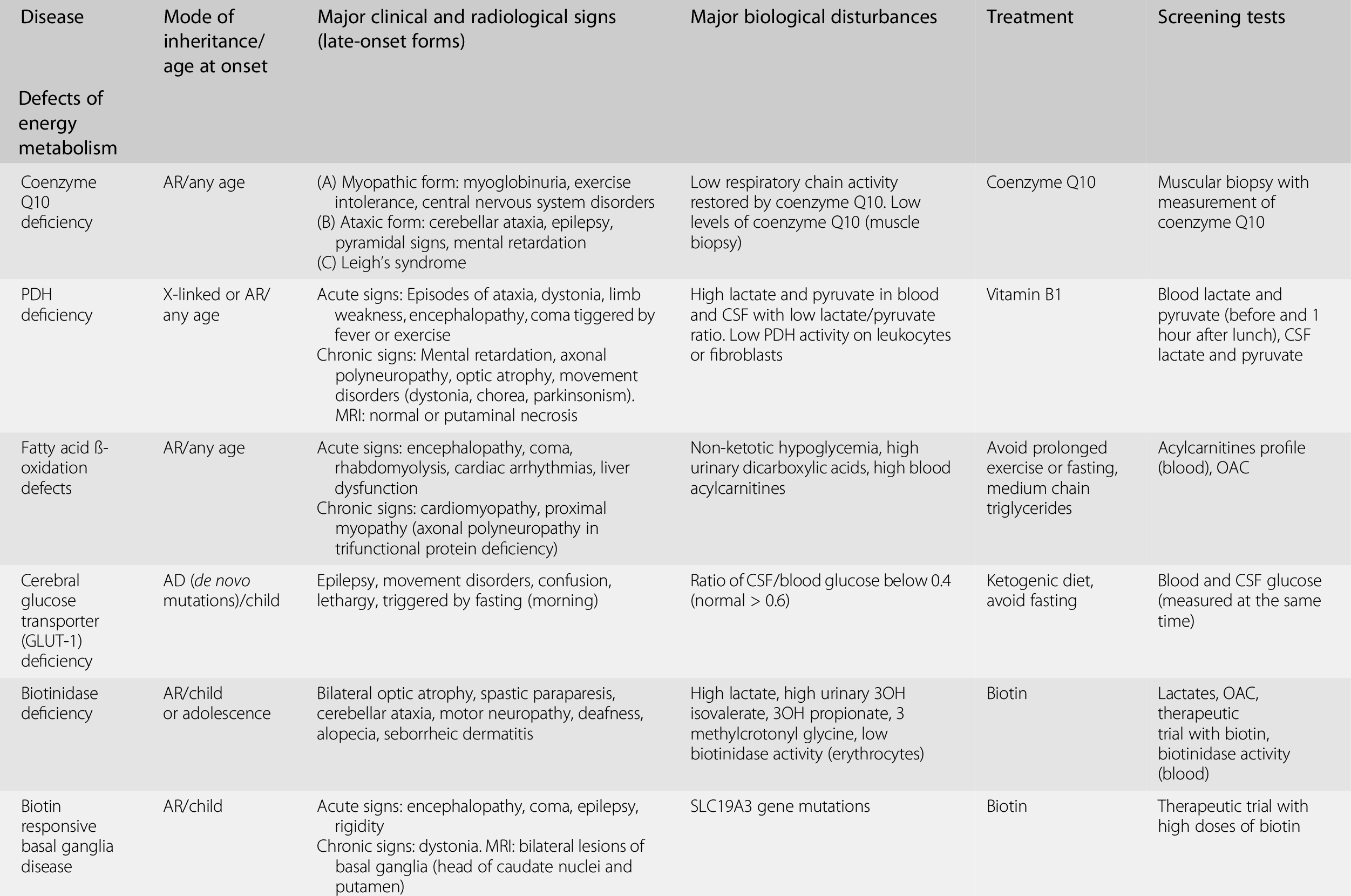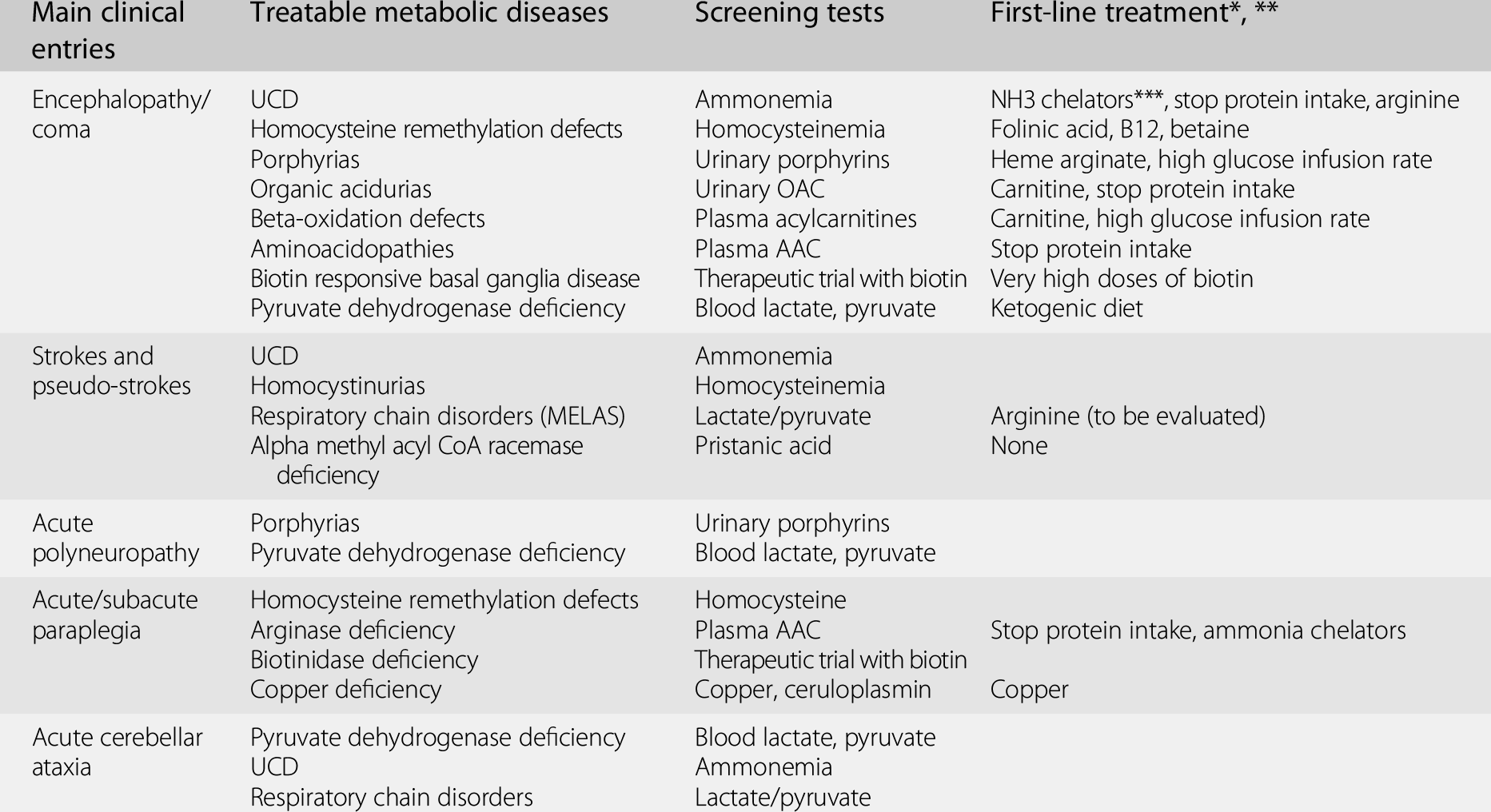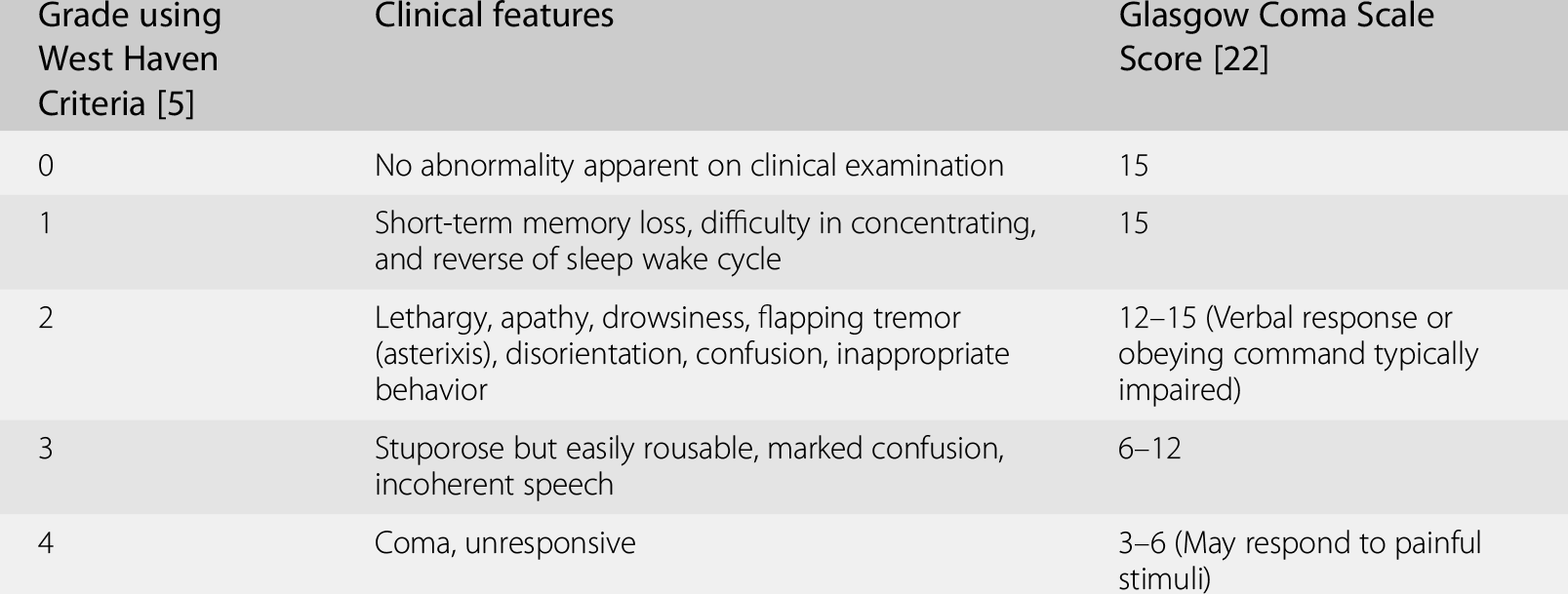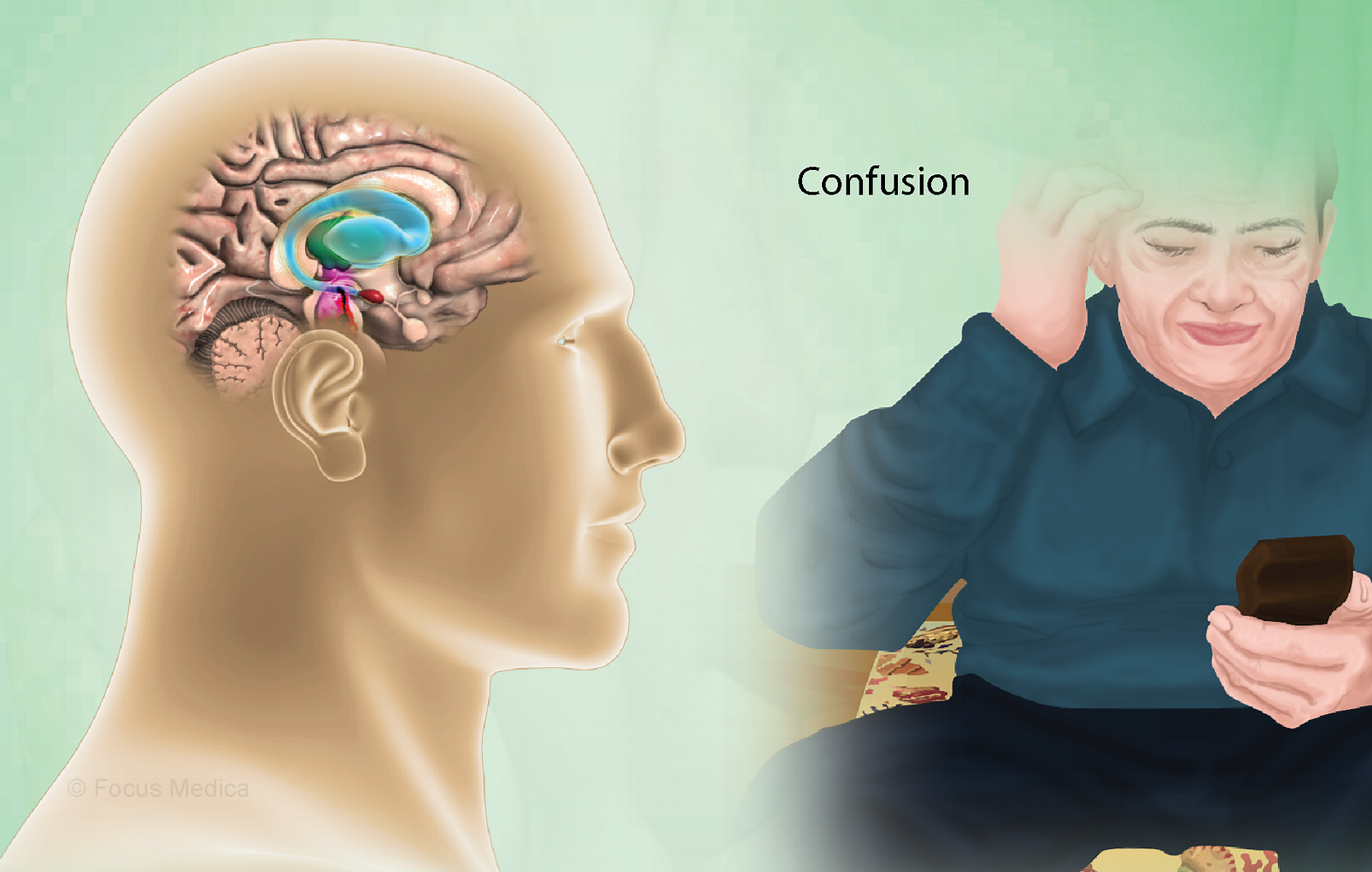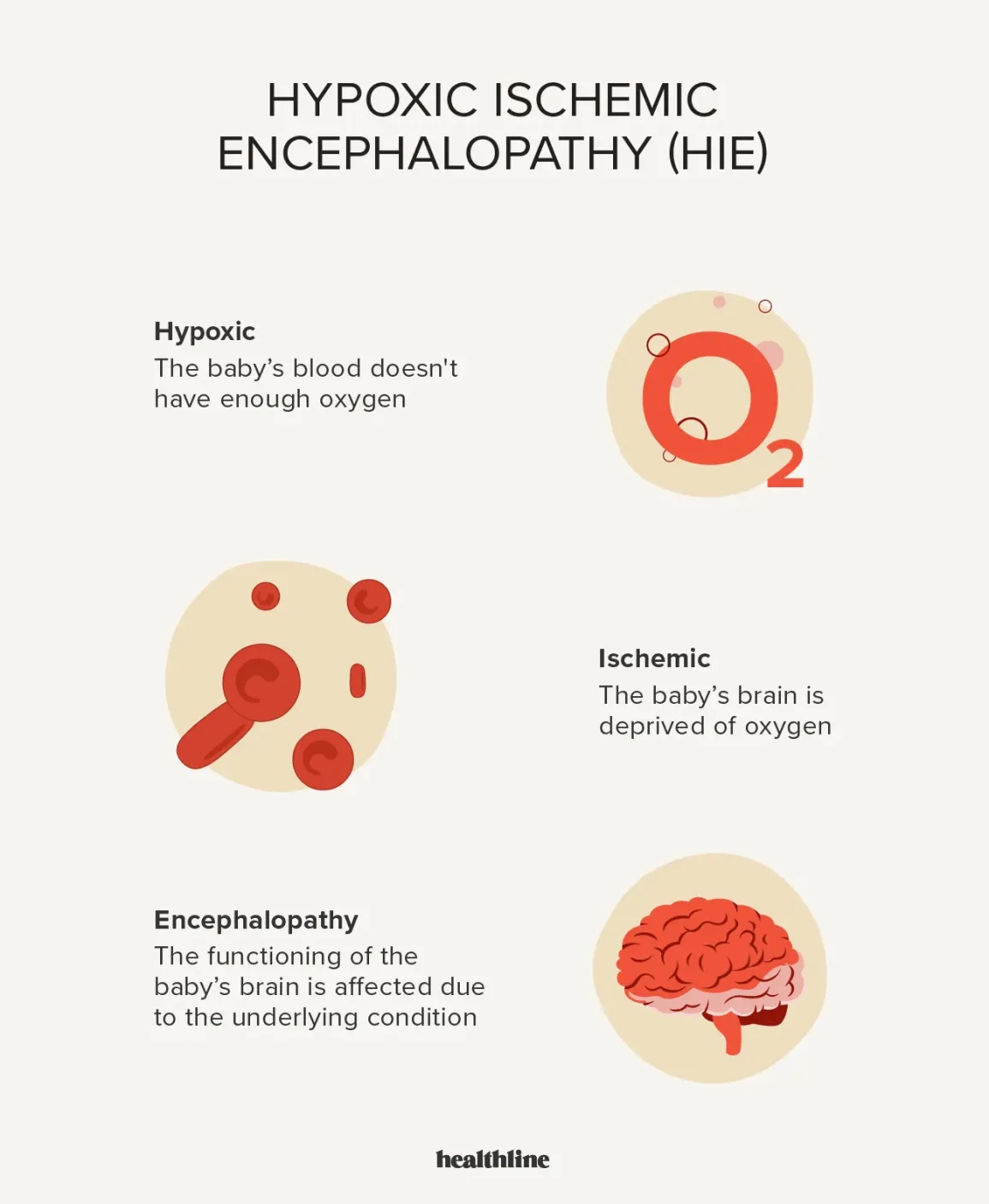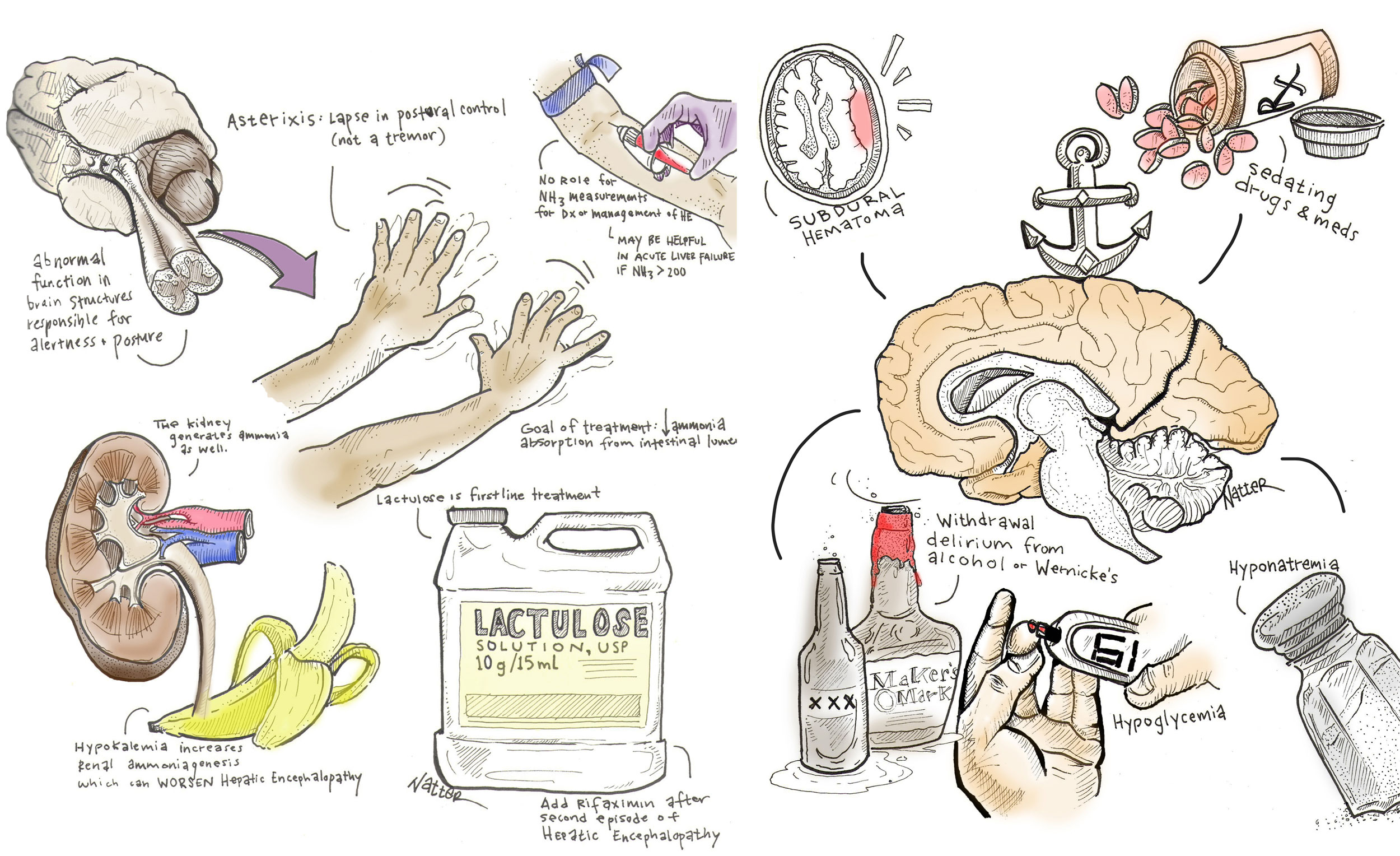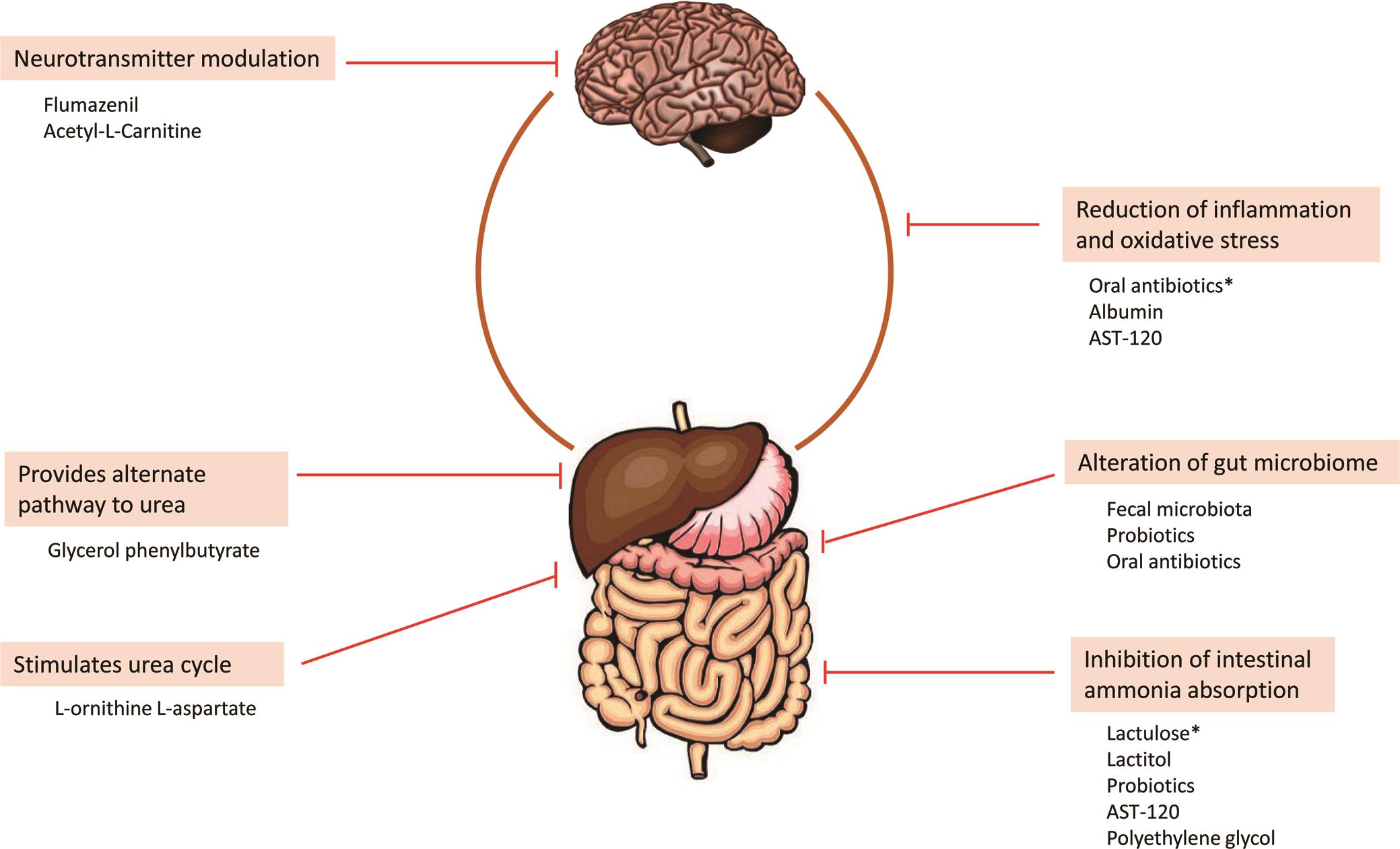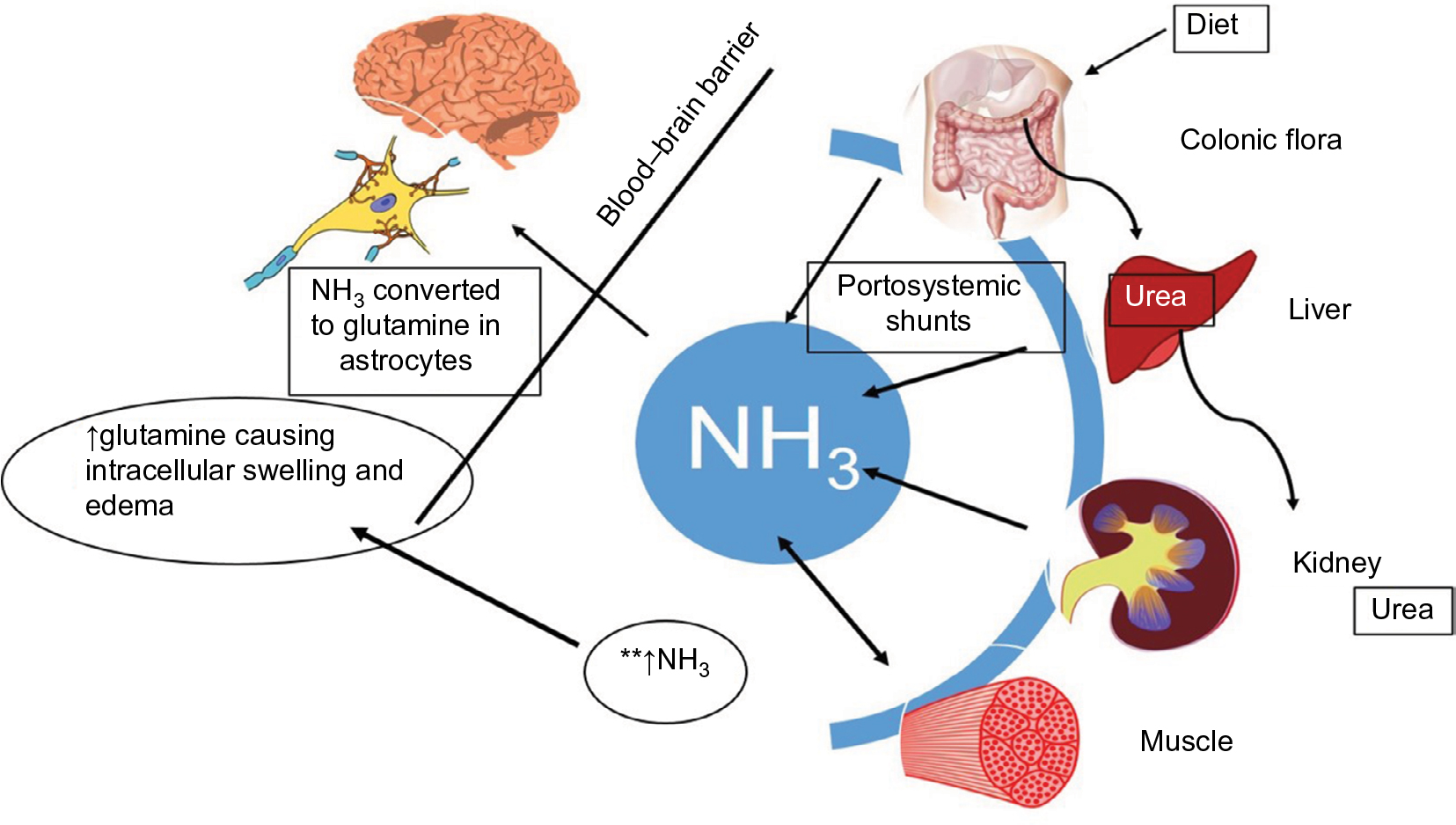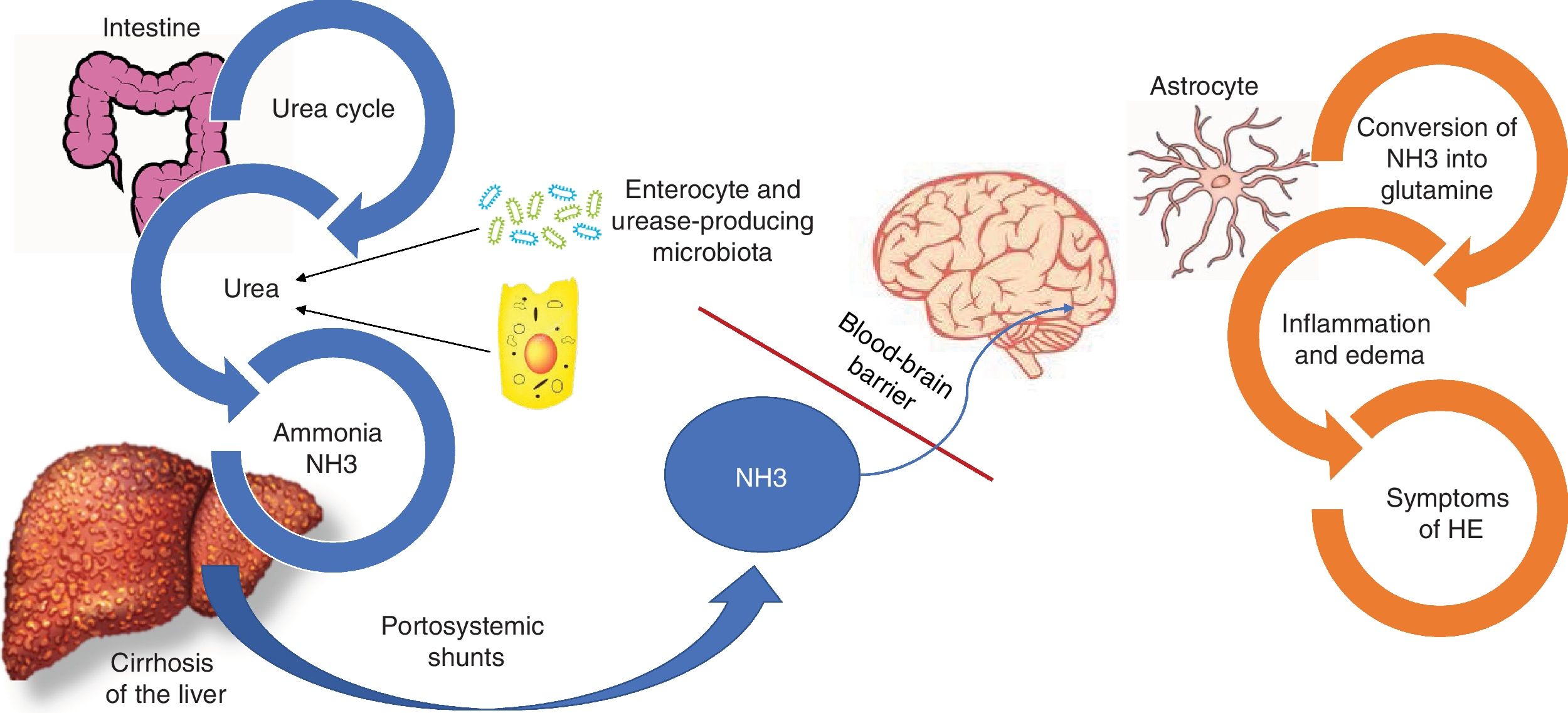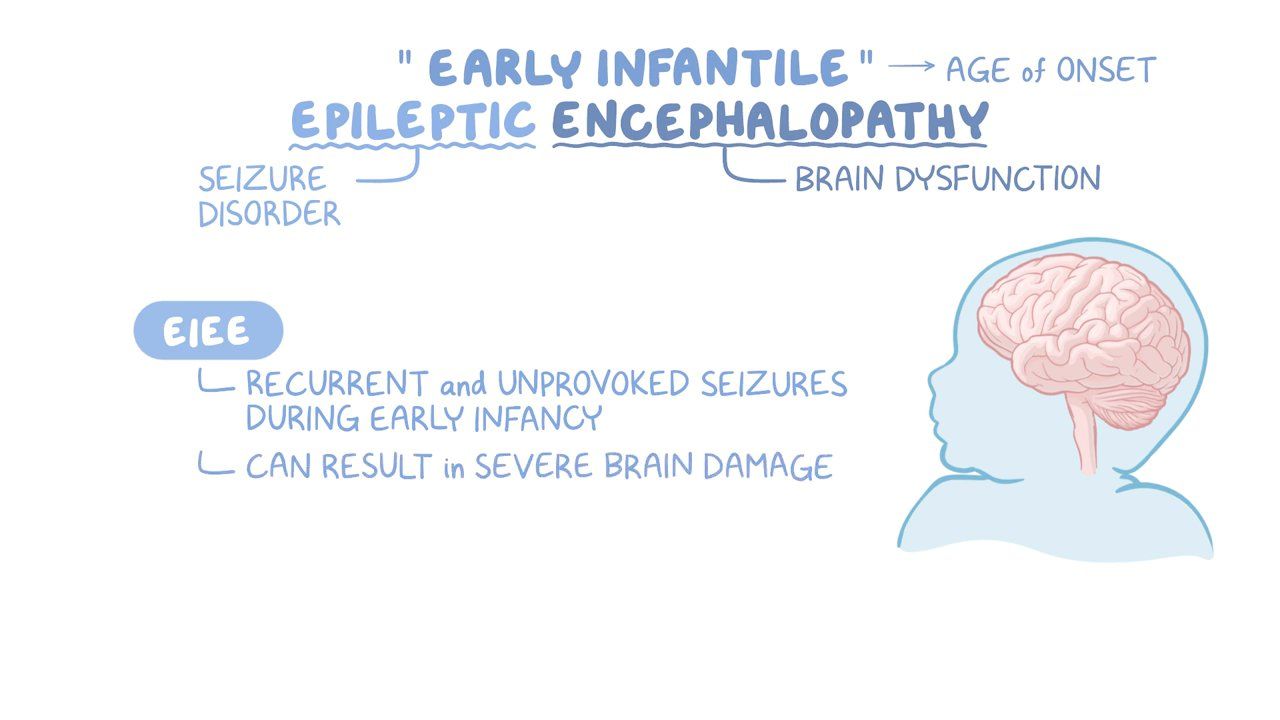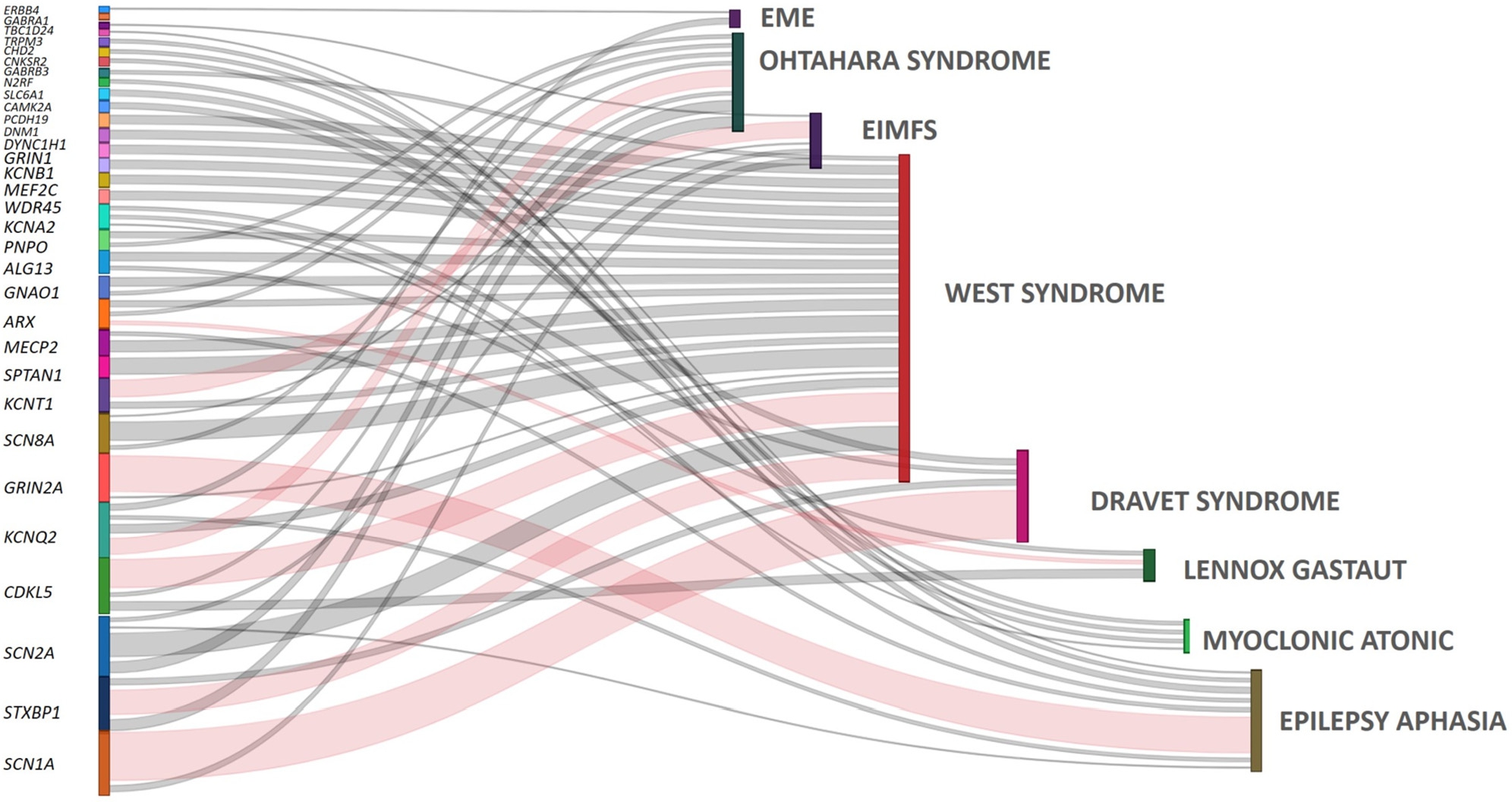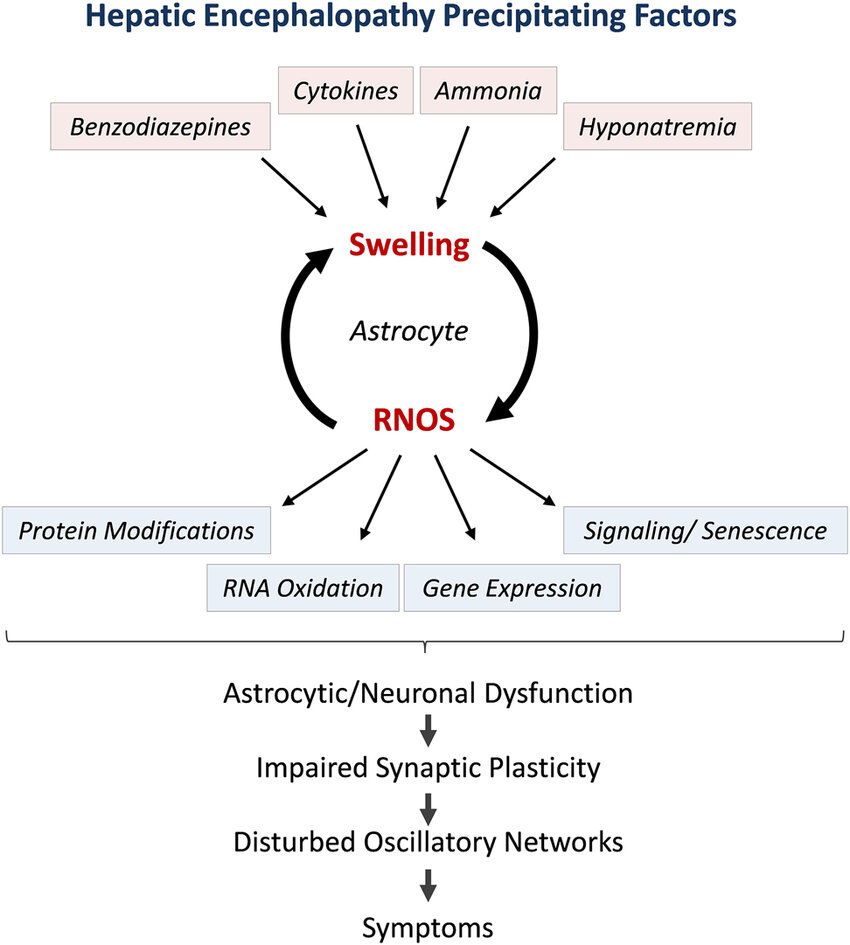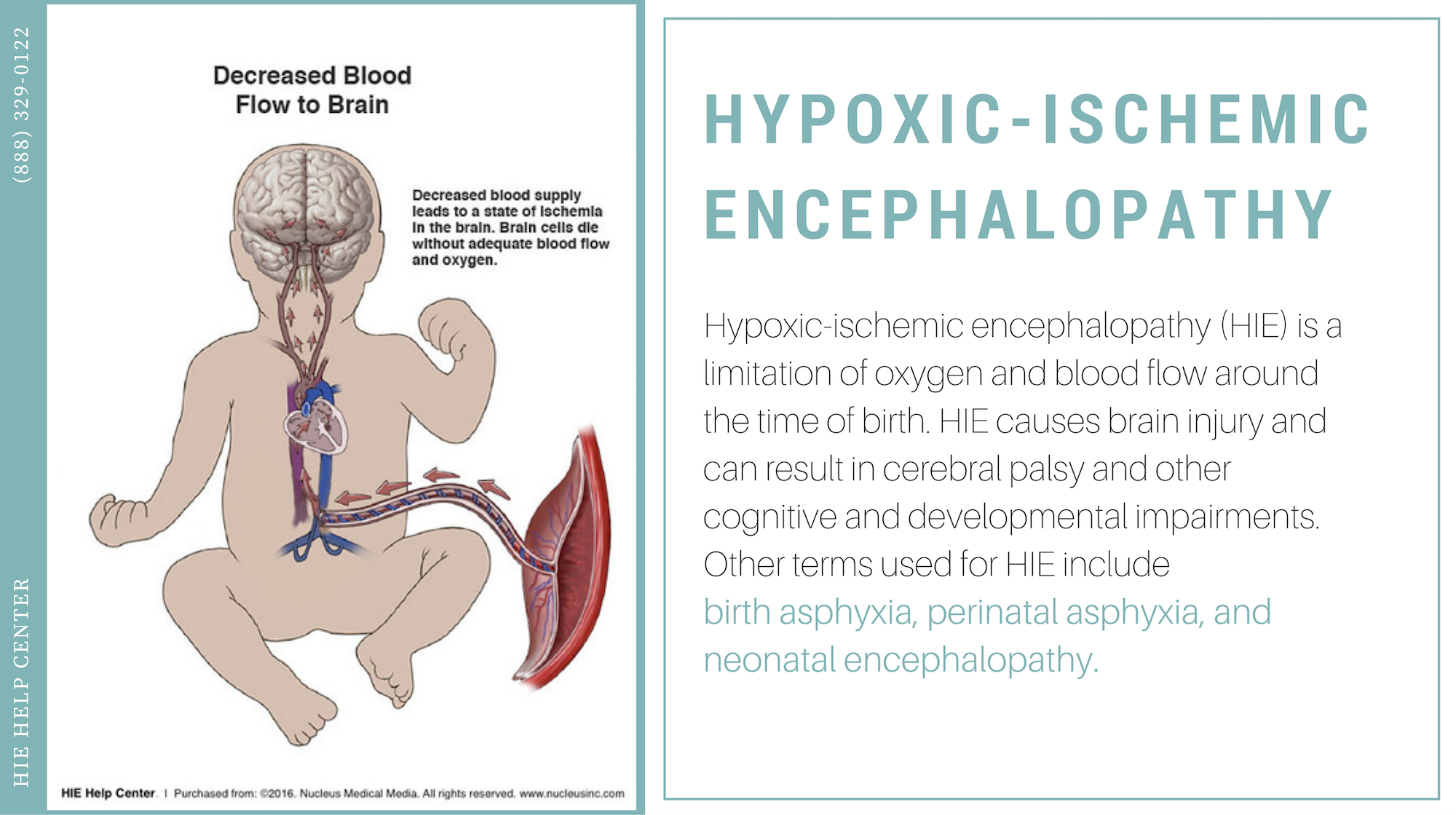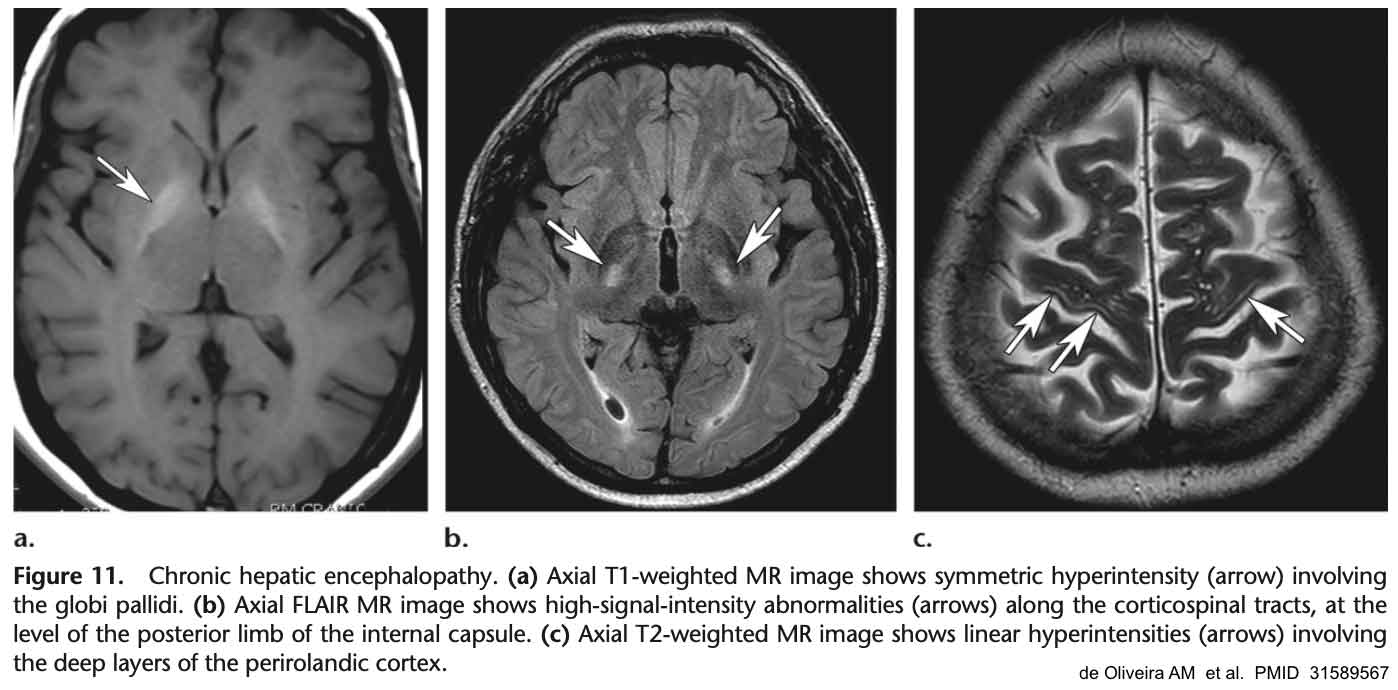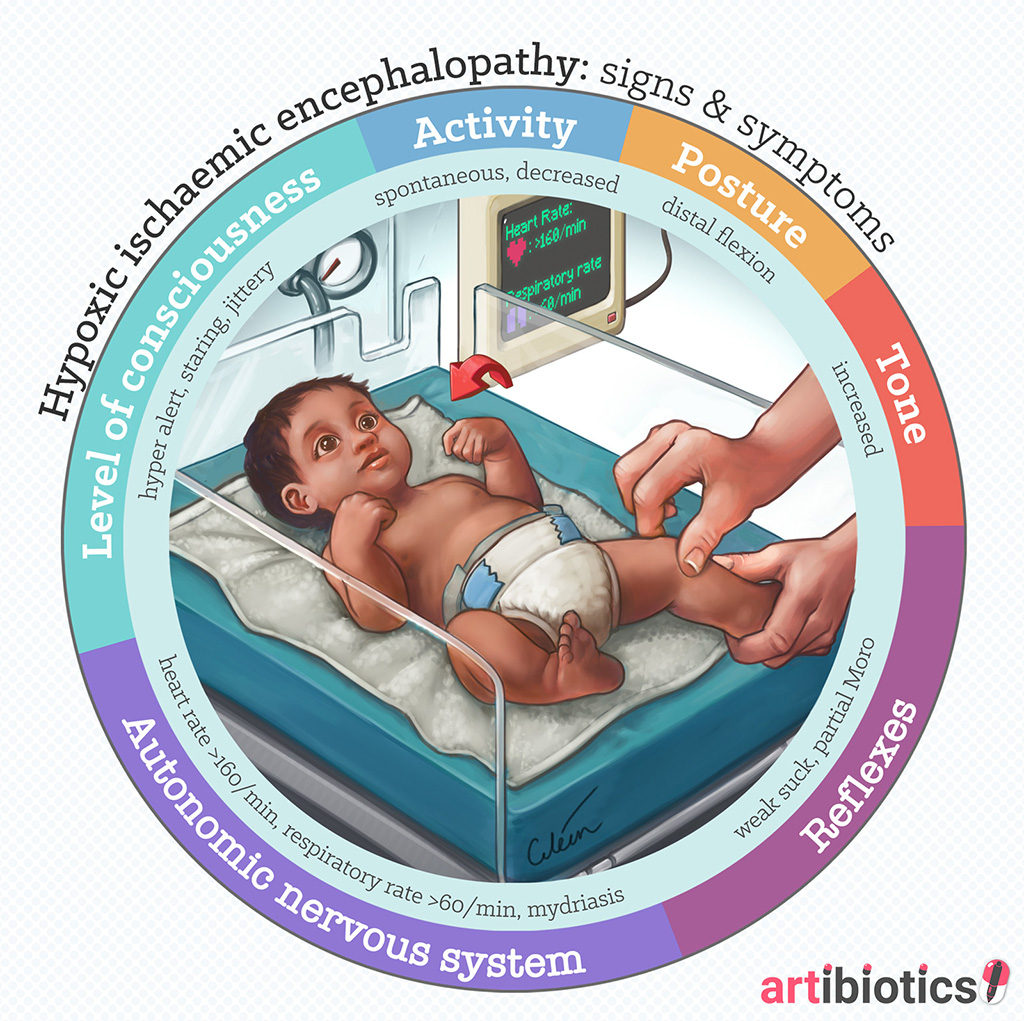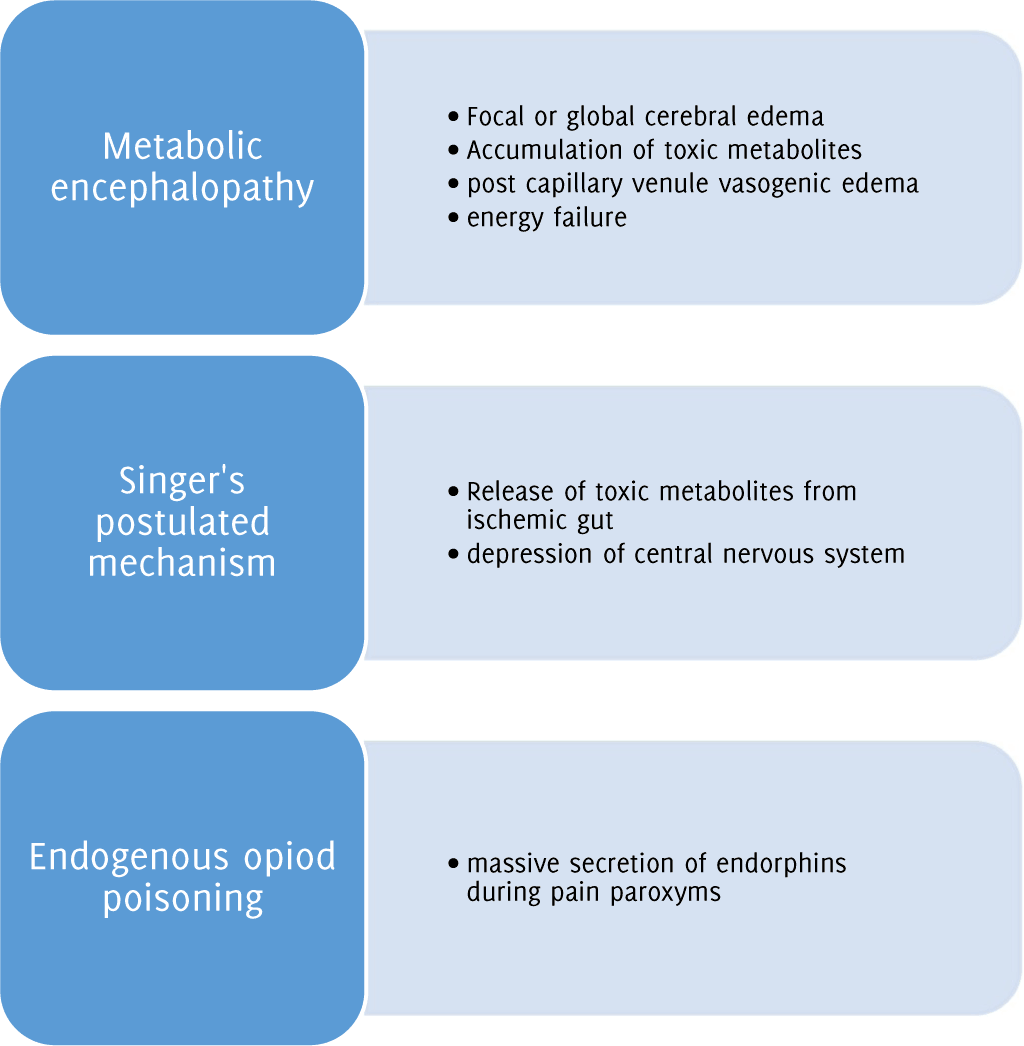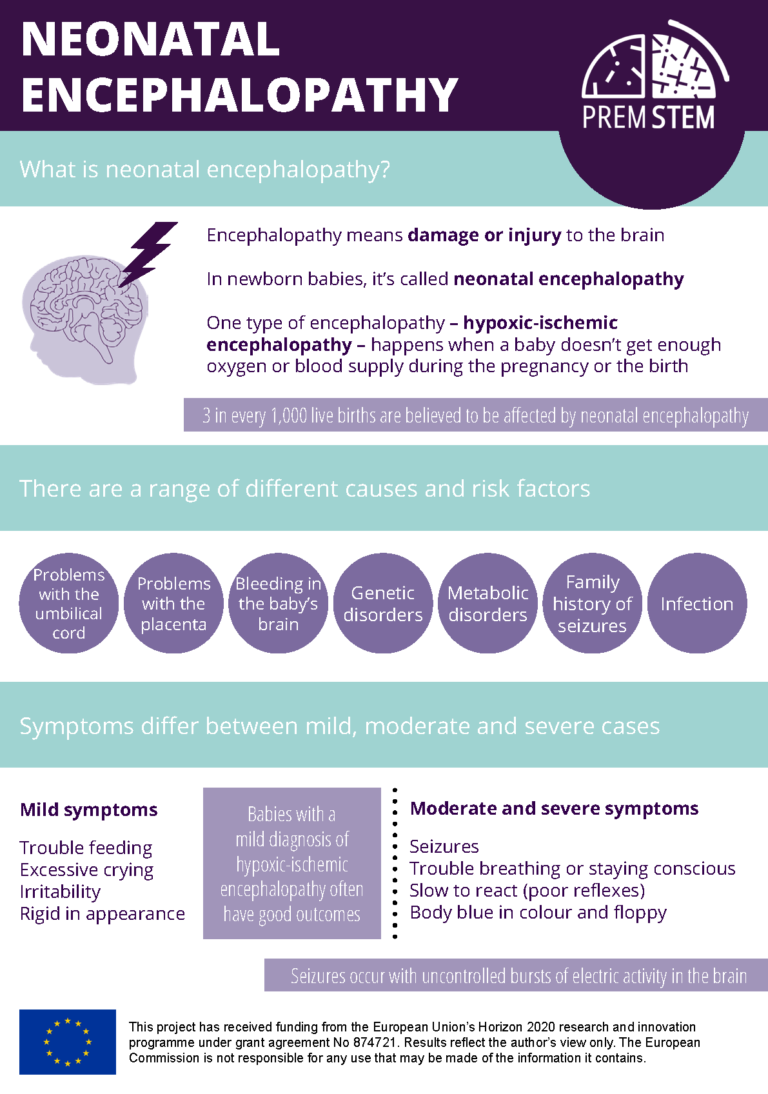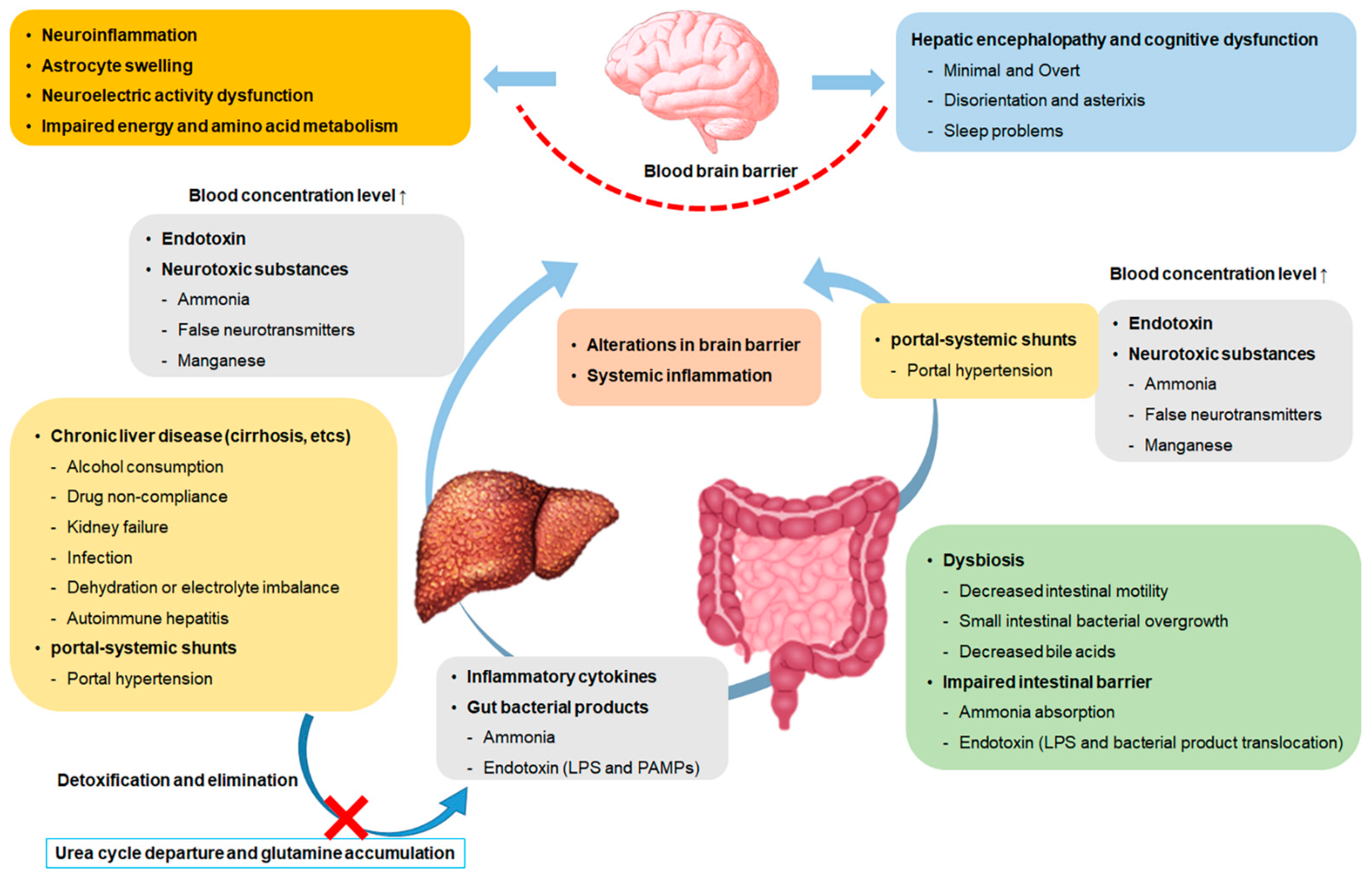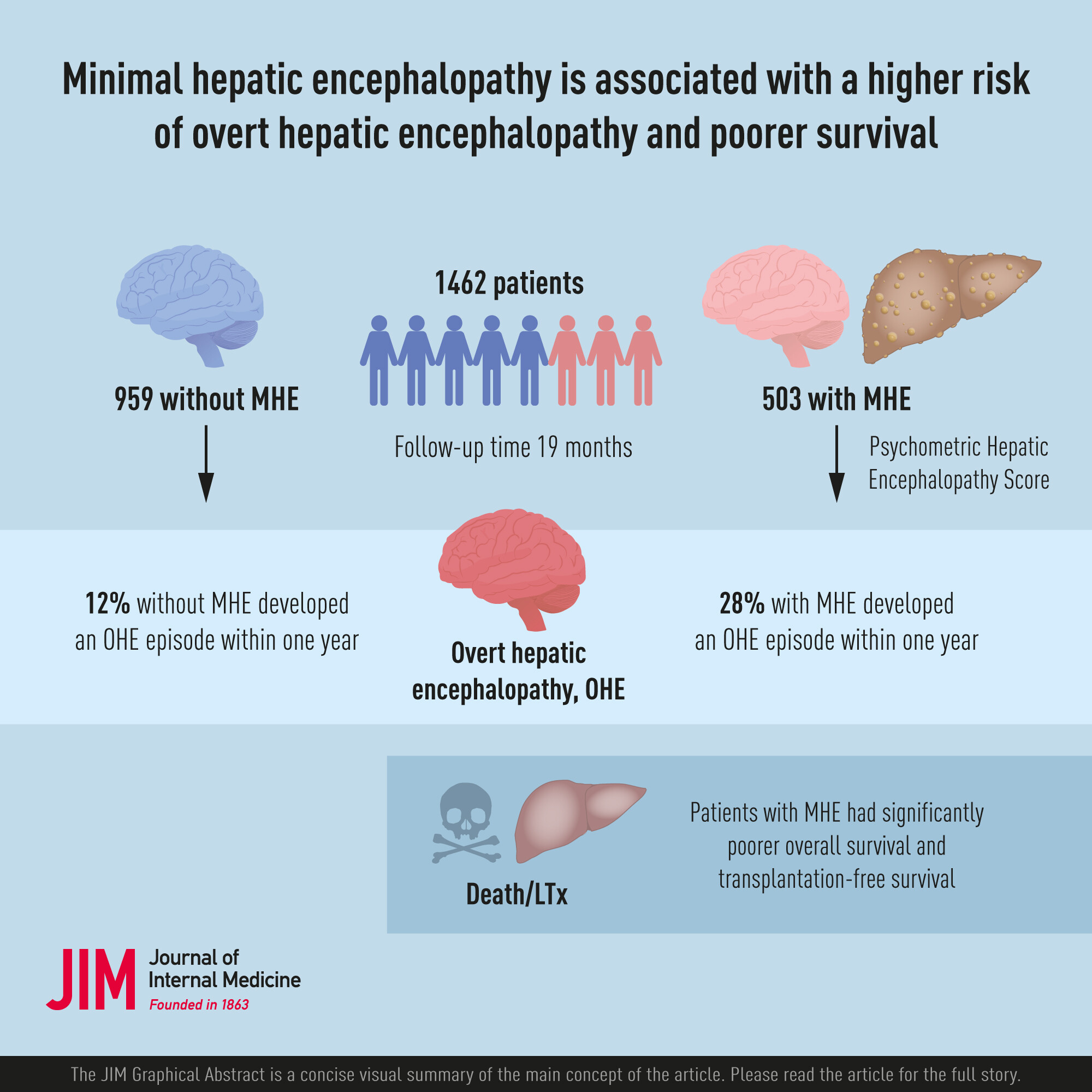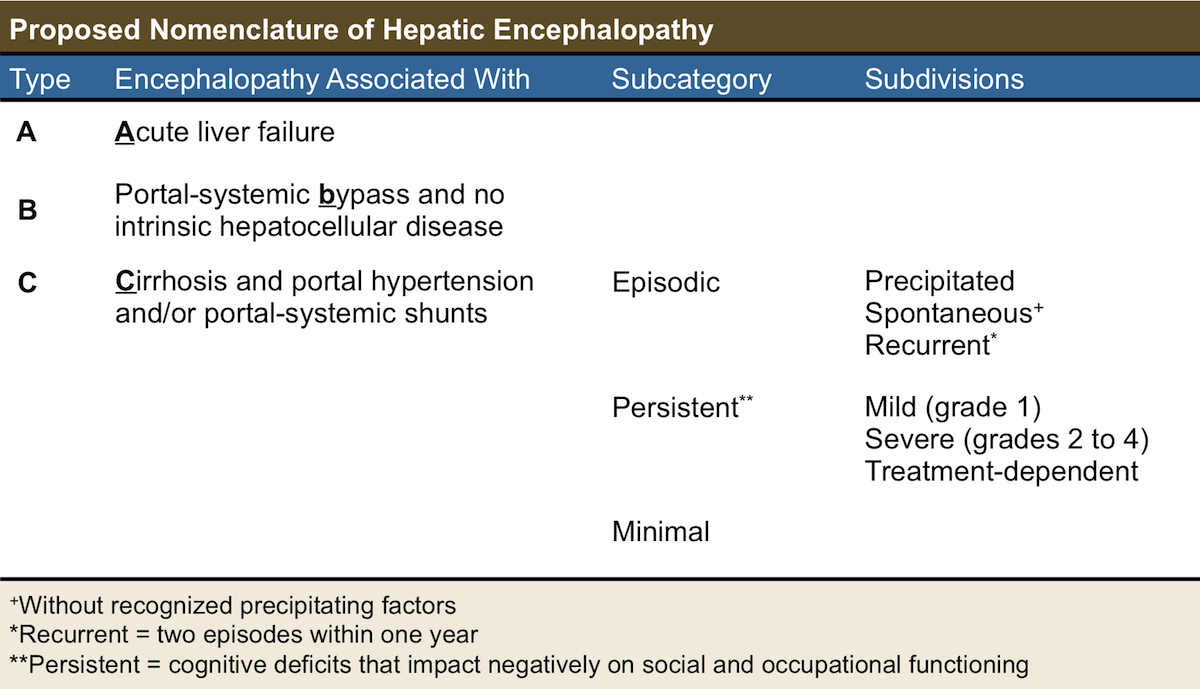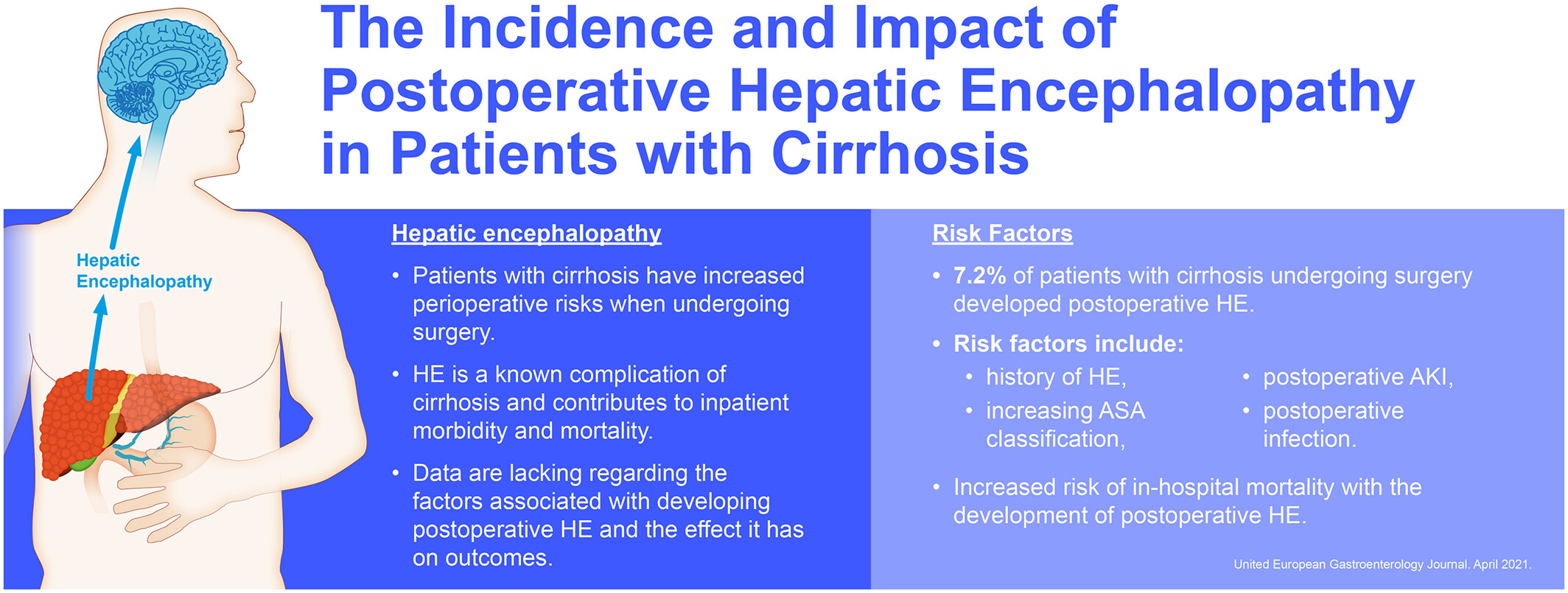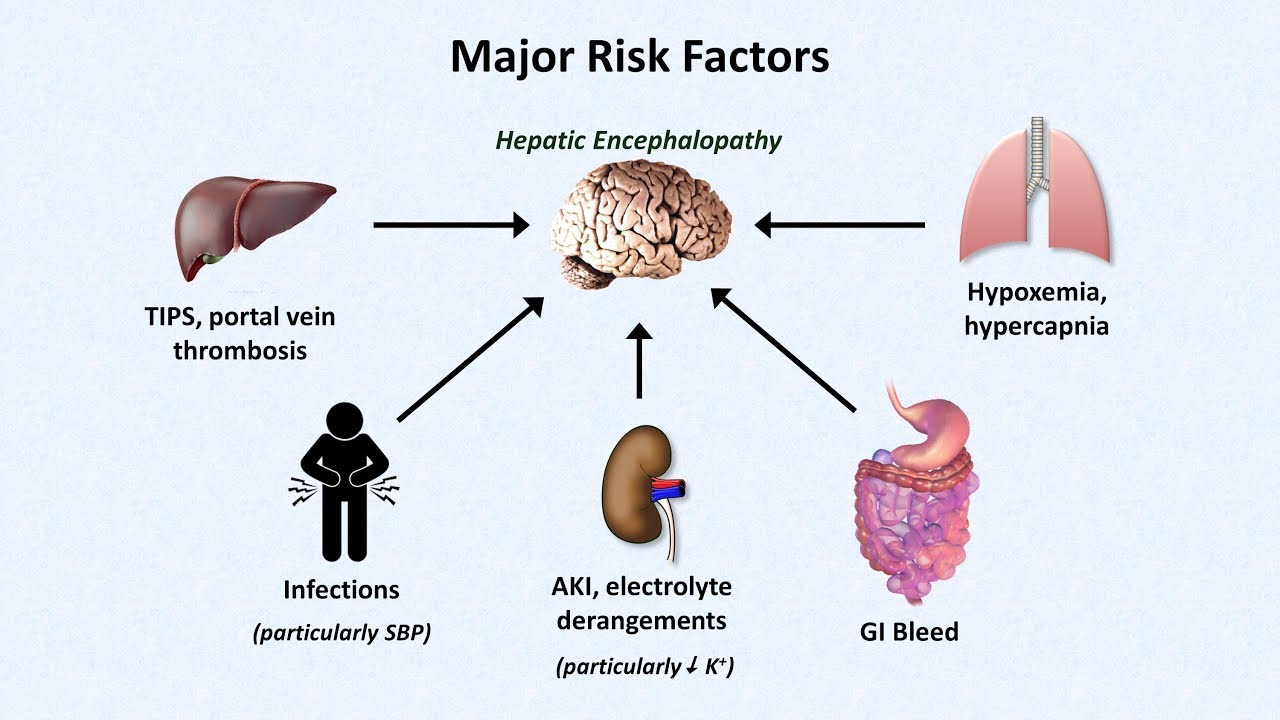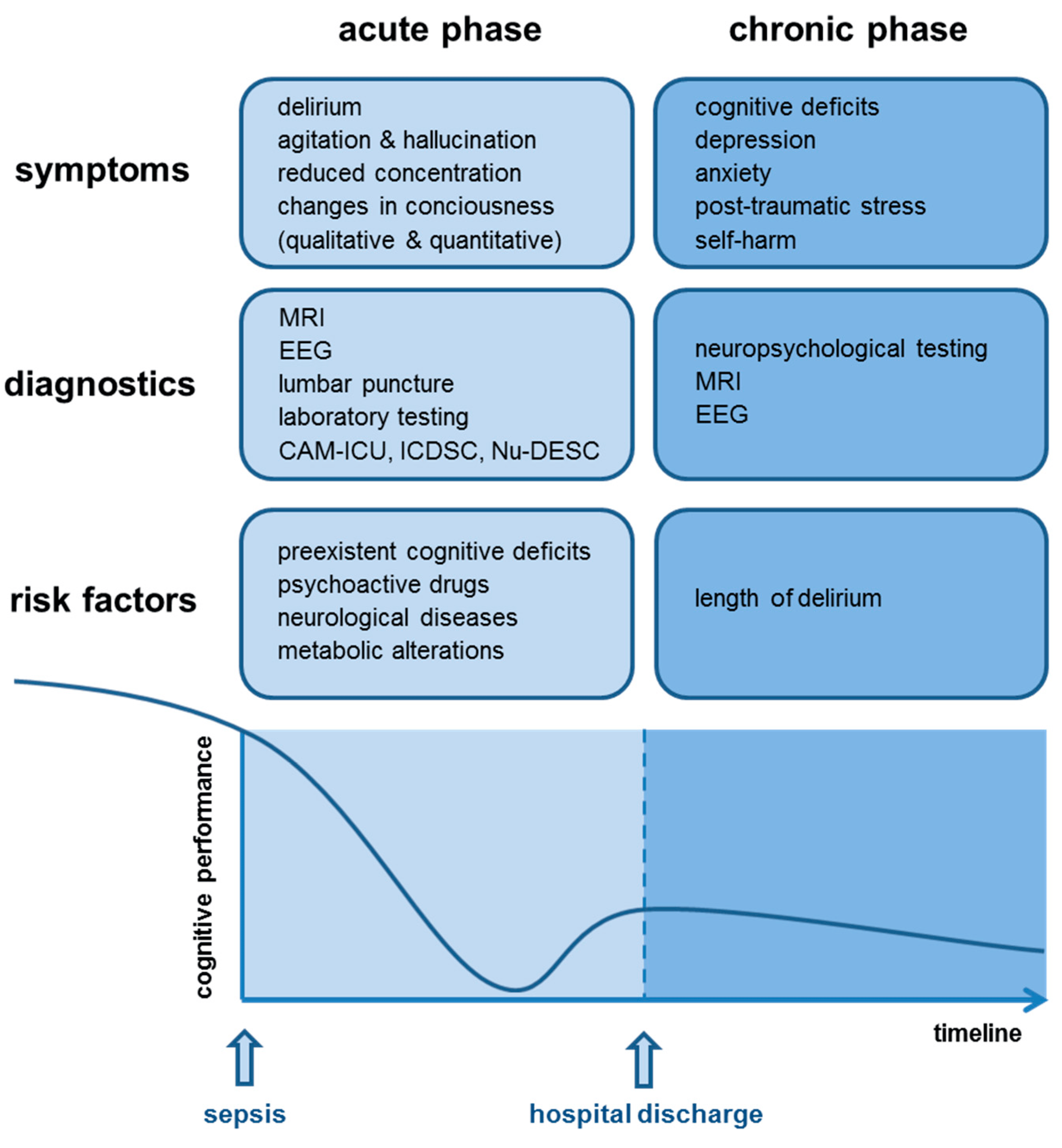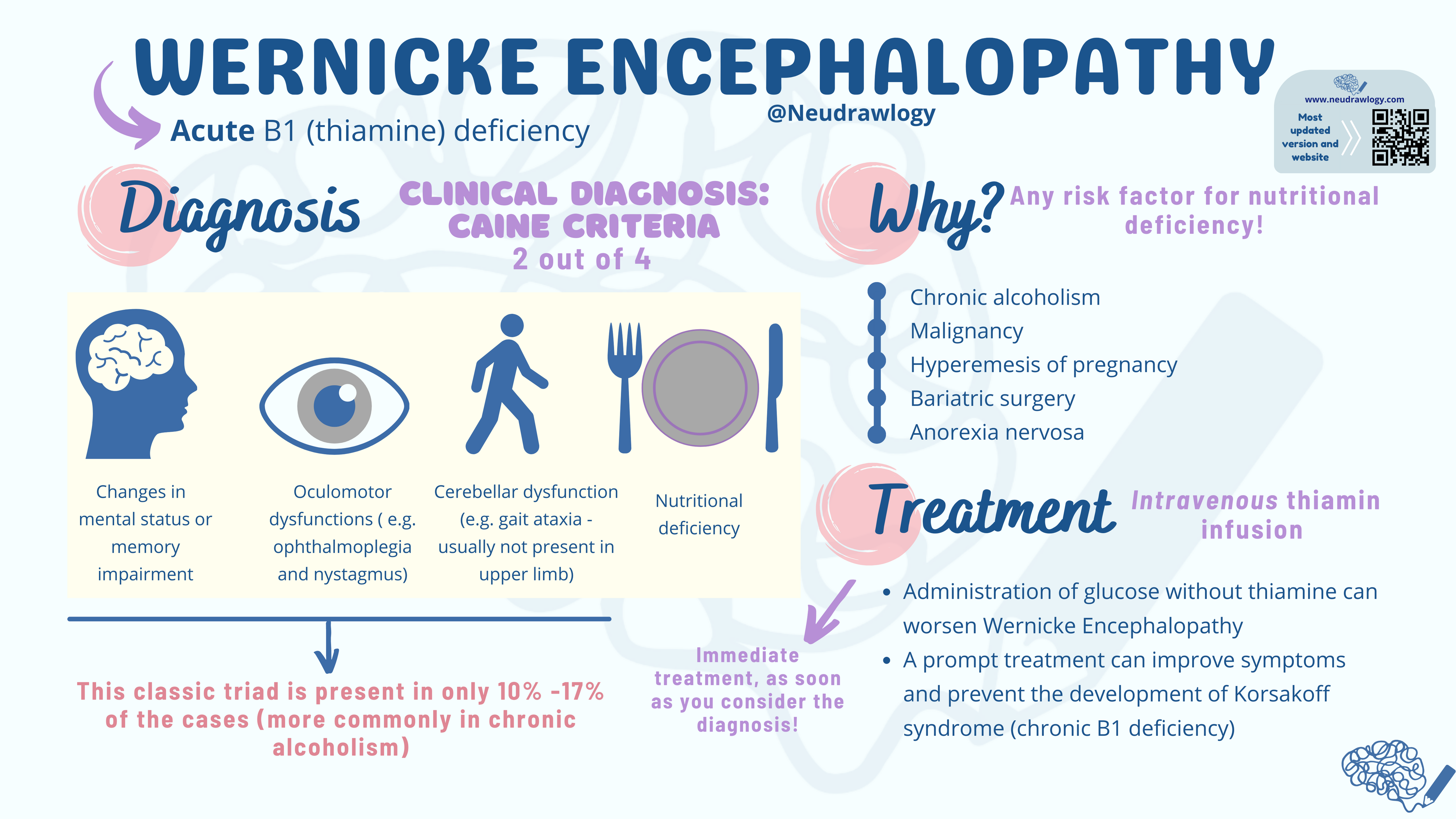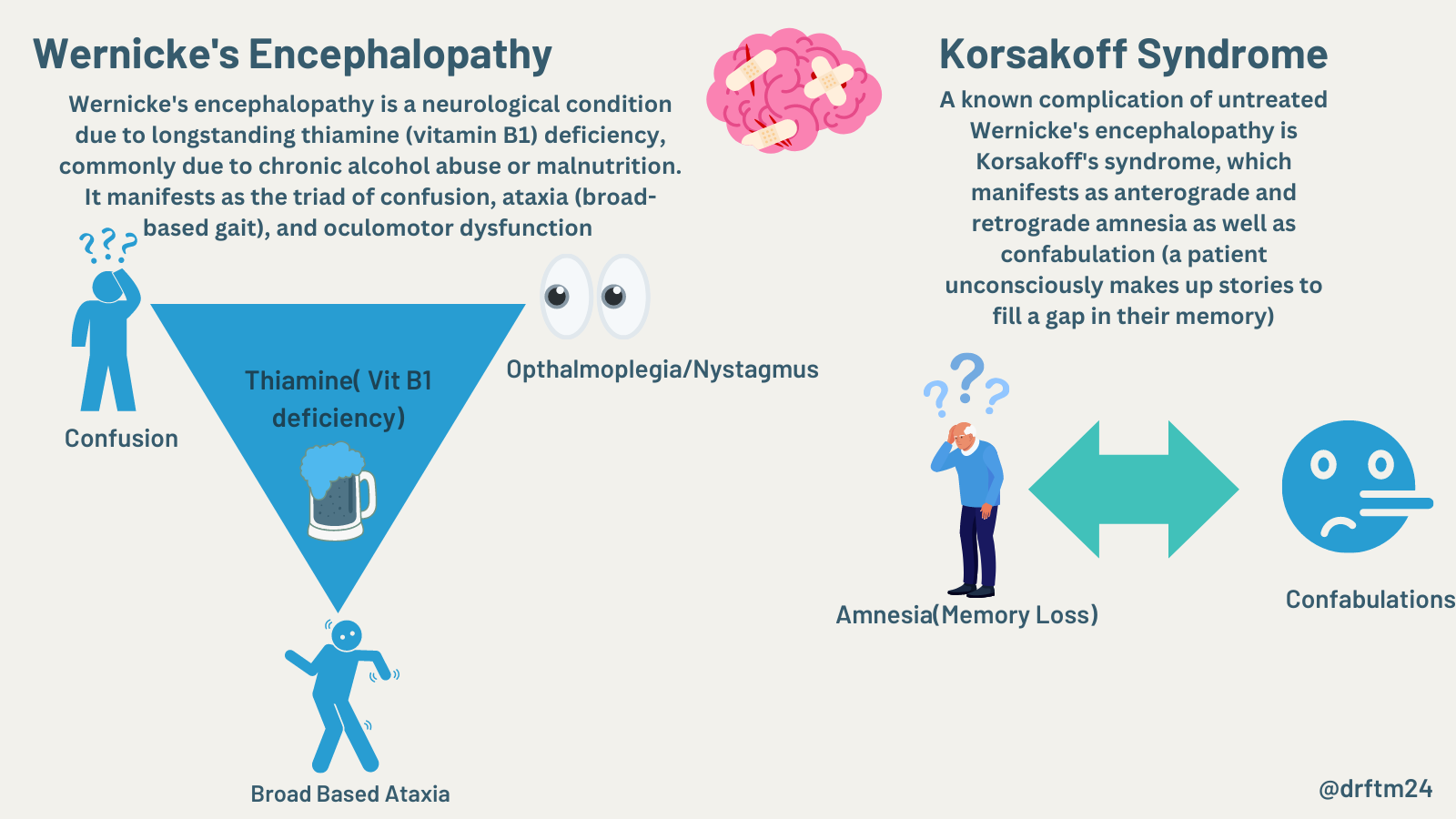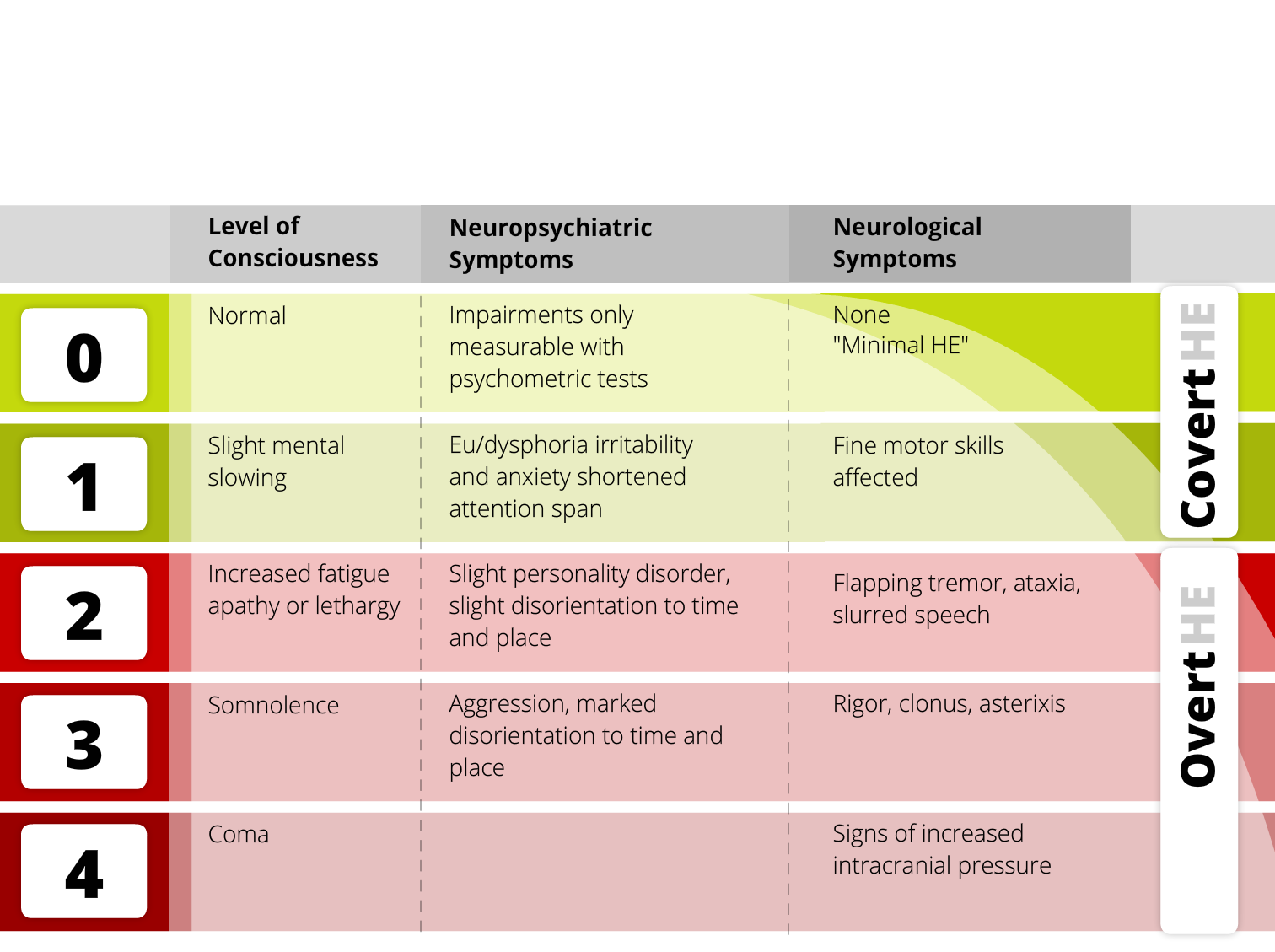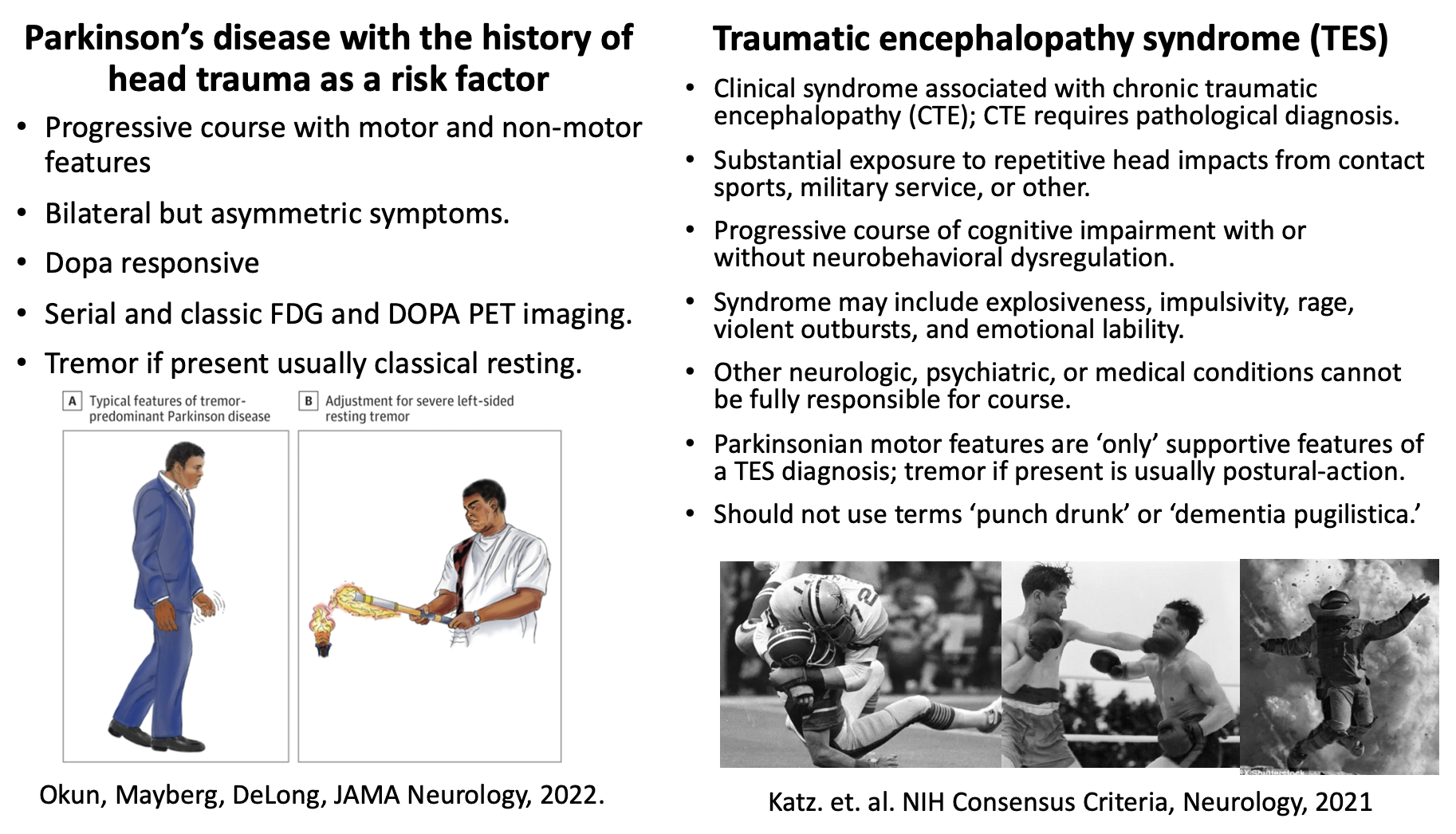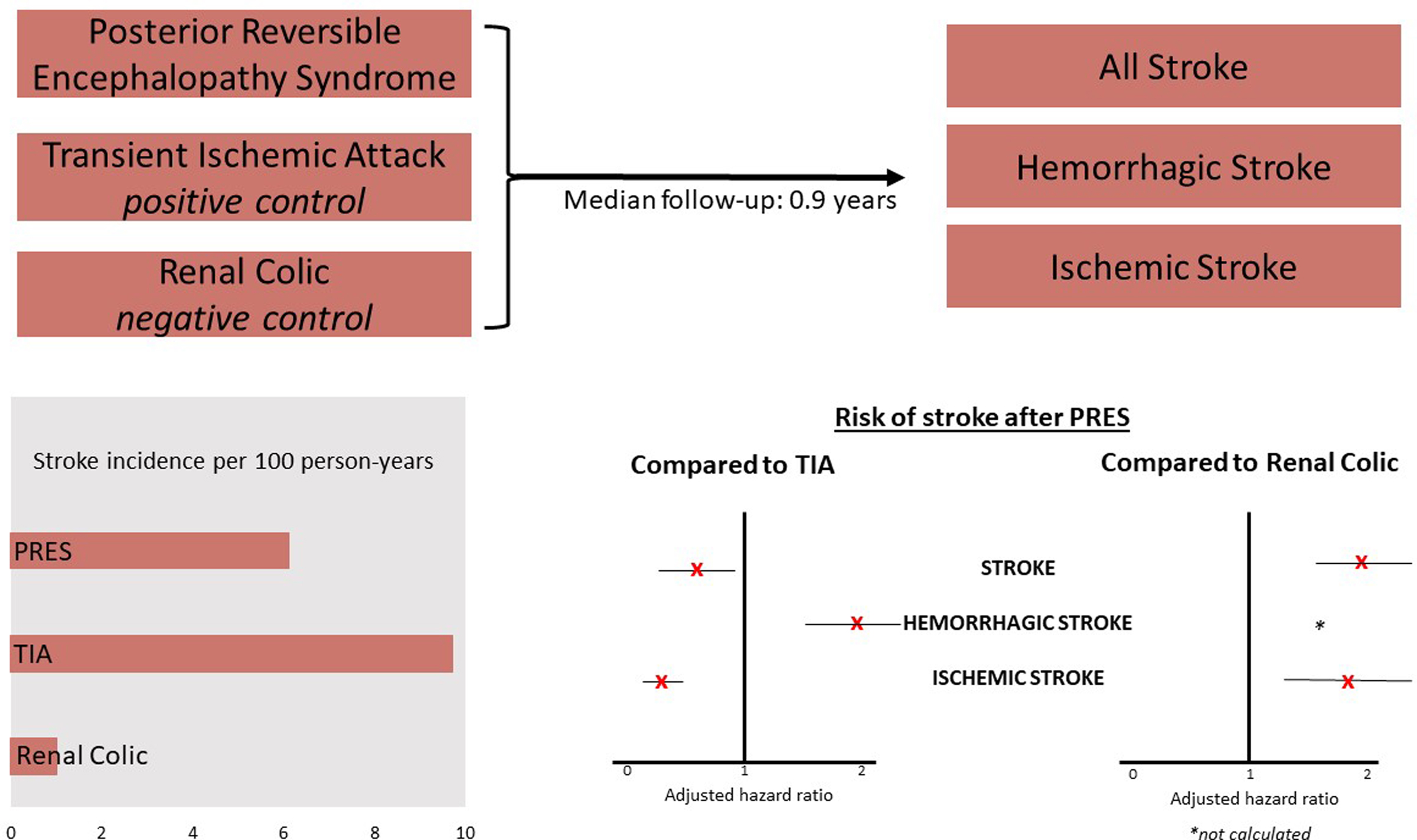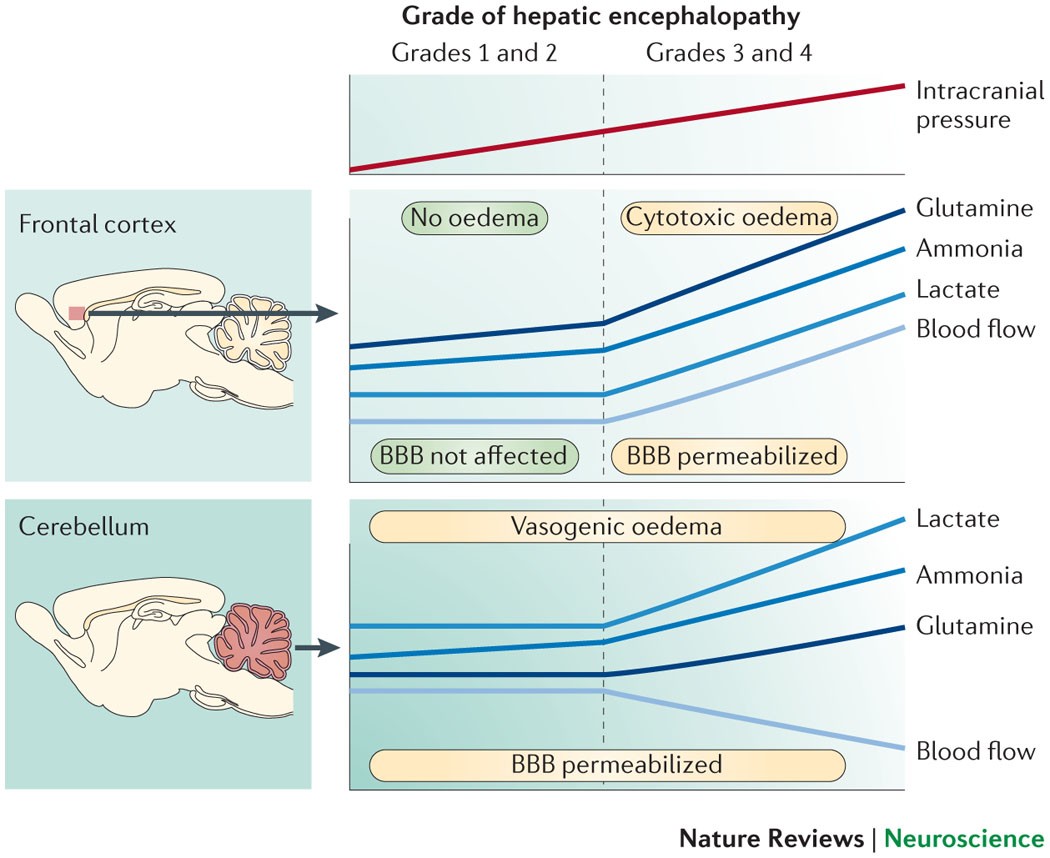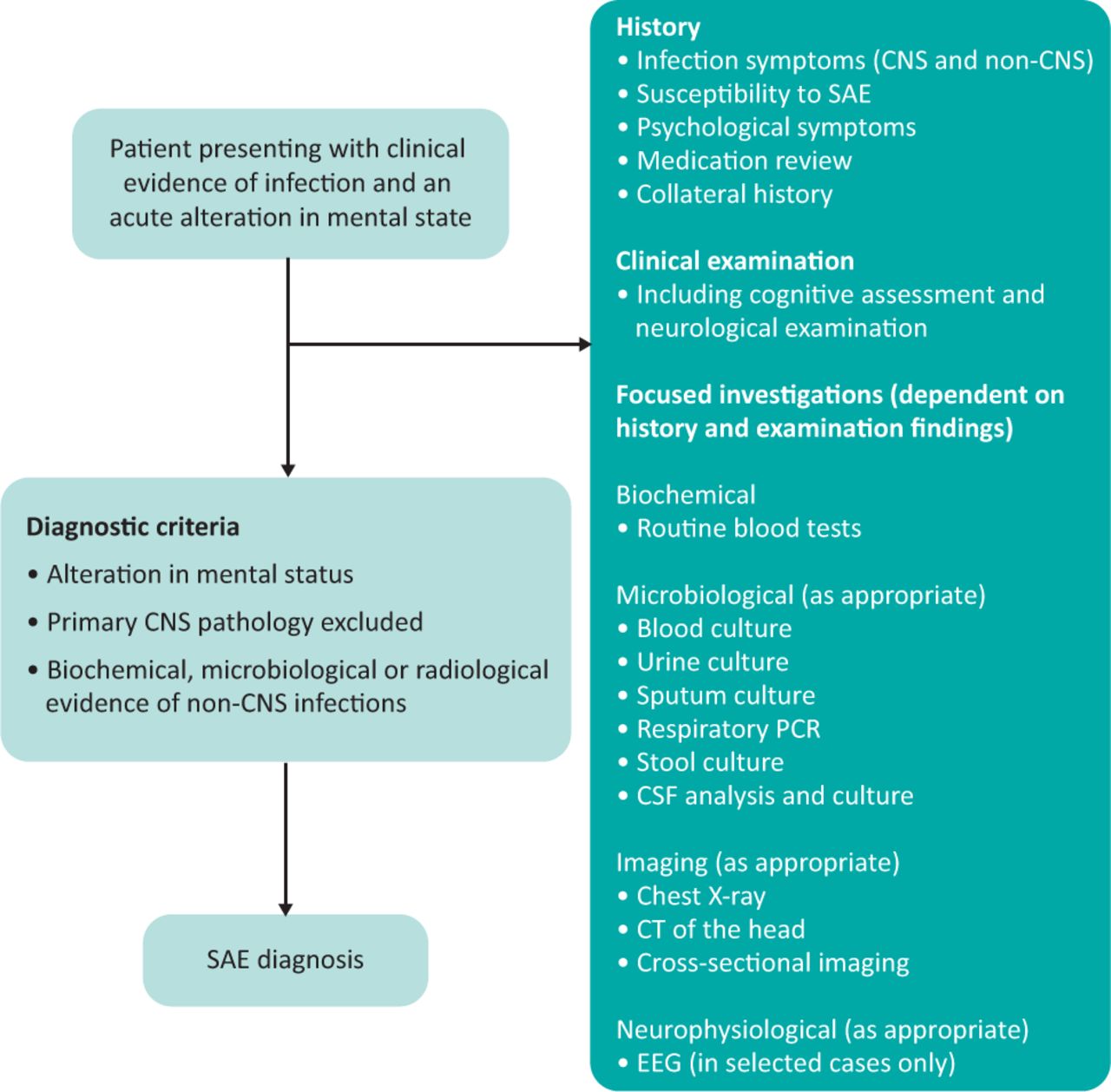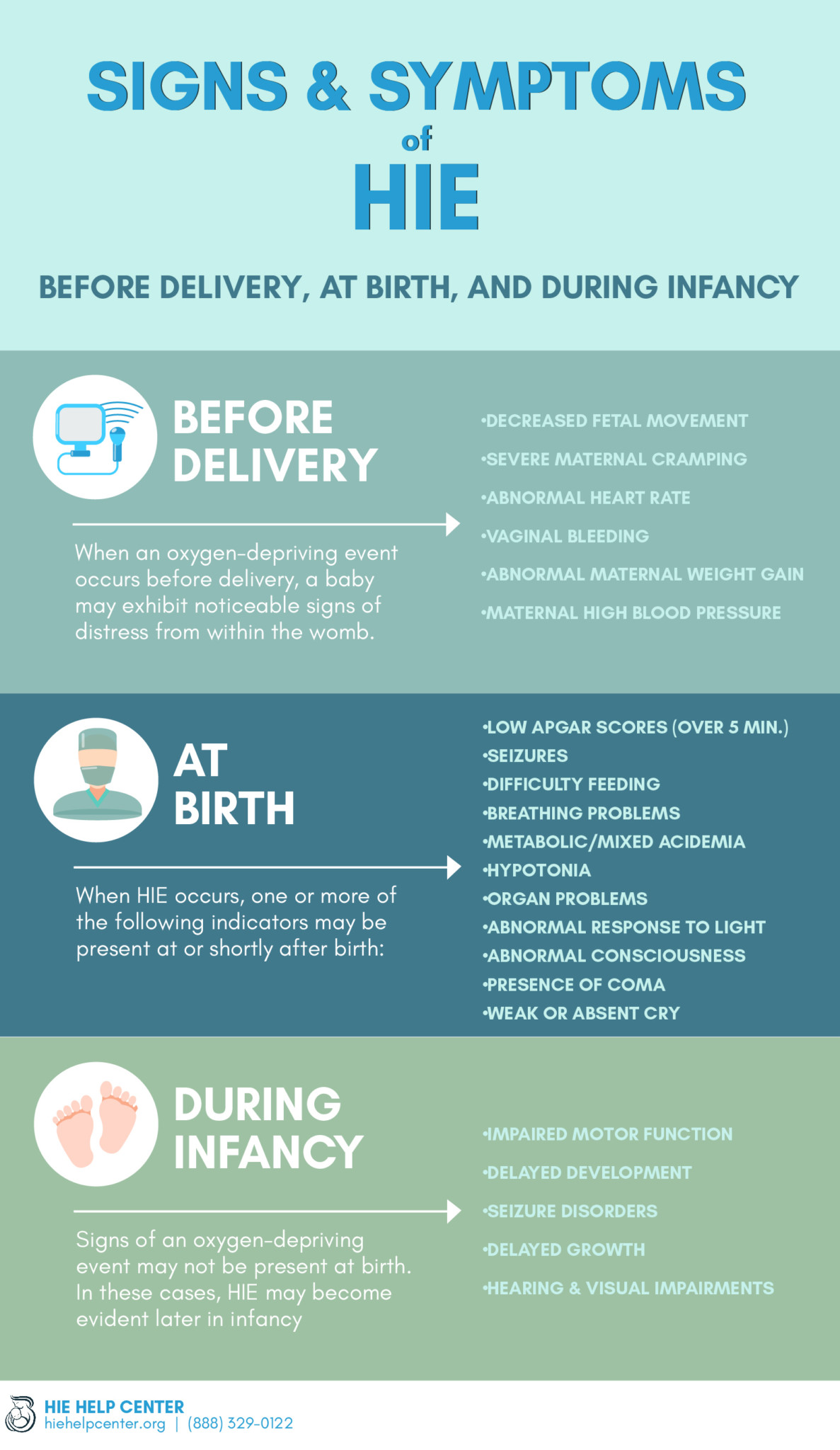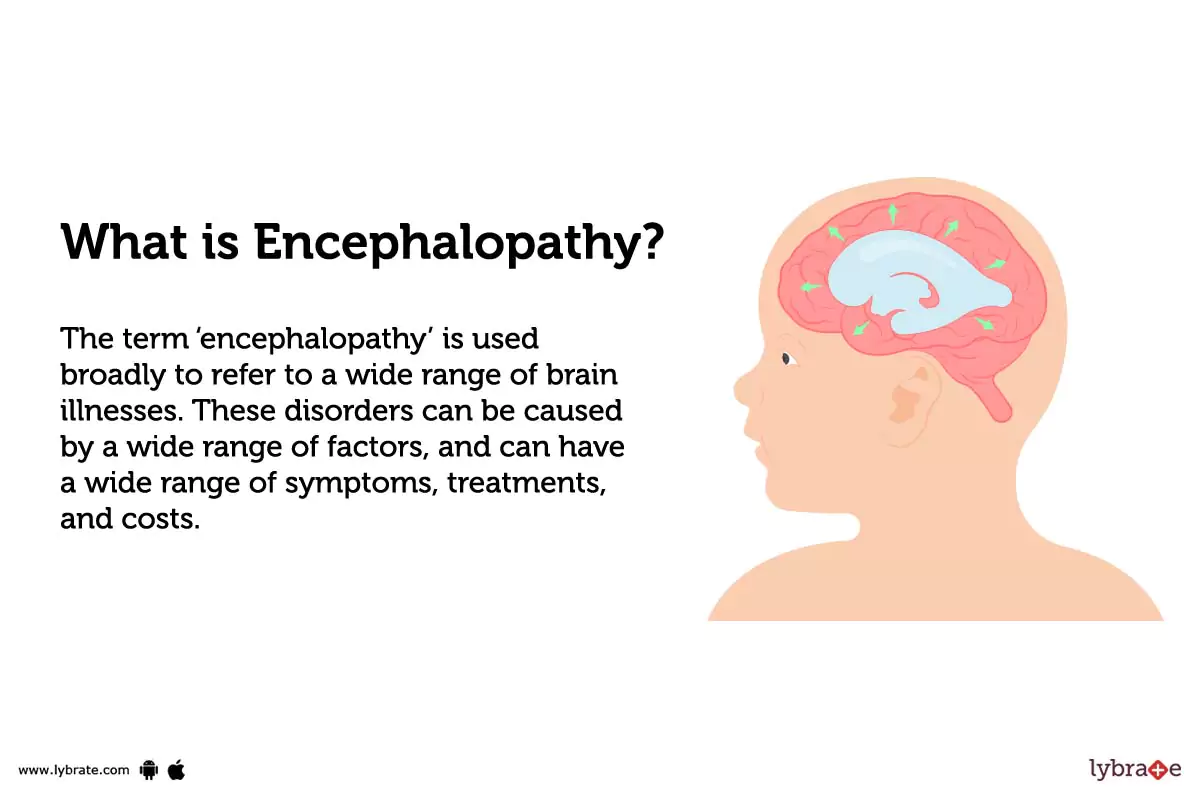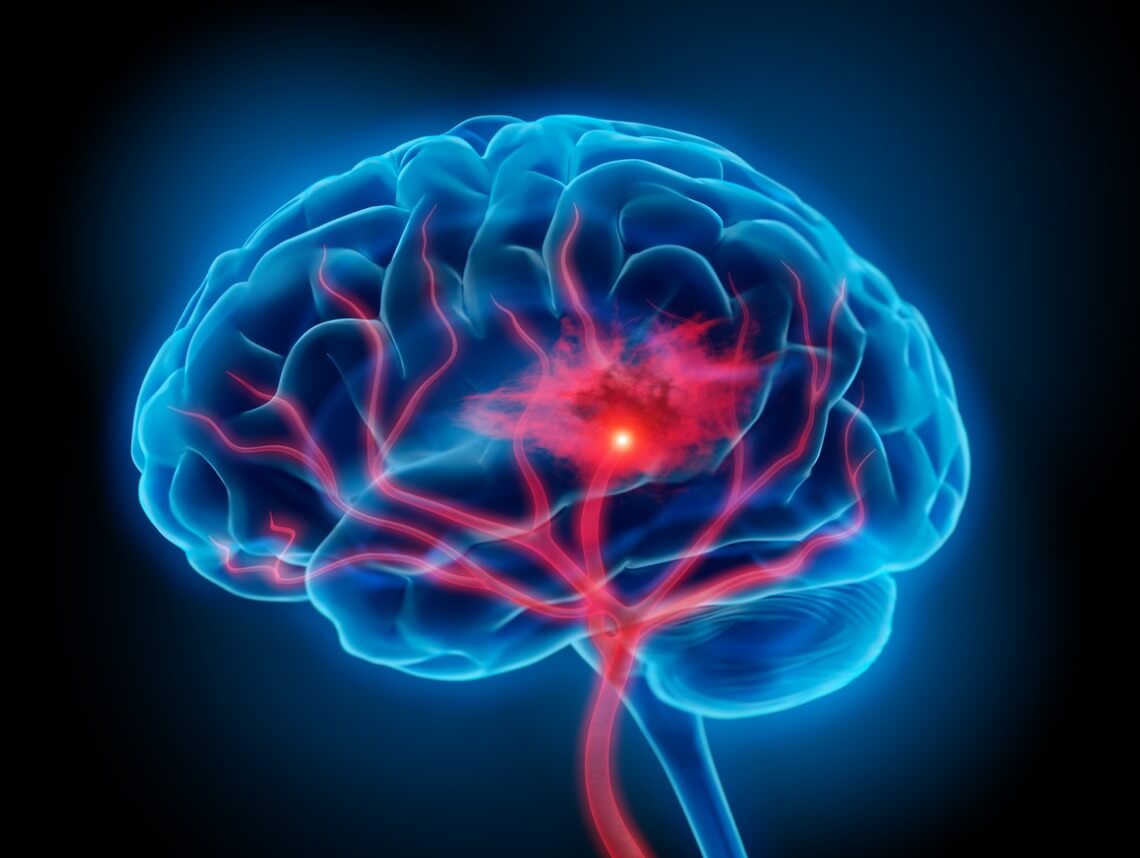
Key facts
- Encephalopathy refers to the symptoms you experience when your brain is not working normally.
- There are many different causes of encephalopathy.
- Treatments for encephalopathy depend on the cause and may treat the symptoms or the underlying cause.
What is encephalopathy?
The word encephalopathy describes any disease that affects the whole brain and alters its structure or how it works, and causes changes in mental function.
What are the symptoms of encephalopathy?
The symptoms of encephalopathy vary from person to person.
The most common symptom of encephalopathy is a change in mental state, with problems such as:
- loss of memory
- reduced ability to think clearly or concentrate
- drowsiness
- changes in personality such as irritability, aggression, impulsive behaviour or having suicidal thoughts
Some people might also have:
- involuntary muscle twitching
- difficulty speaking
- difficulty swallowing
- unusual eye movements
- tremor
- muscle weakness
- seizures
- dementia
- loss of consciousness
There are several different patterns of encephalopathy. Some people have acute encephalopathy, which comes on fairly quickly and can go away. Others have chronic encephalopathy, which tends to develop slowly and does not go away.
Some people with chronic underlying conditions, such as liver disease, can be well at times and then have an episode of encephalopathy triggered by an infection, bleeding in the digestive tract, alcohol, medications, or an electrolyte imbalance.
Some encephalopathies cause permanent damage to the brain, while others do not. Some can be fatal.
What causes encephalopathy?
Encephalopathy is not a single disease; it can have a wide range of underlying causes.
There are many types of encephalopathy, including:
- hepatic encephalopathy — a problem with the liver causes a build-up of toxic substances that the liver normally removes. These toxic substances then disturb the normal functioning of the brain. Hepatic encephalopathy can be caused by a chronic liver condition such as cirrhosis, an infection, overdose of prescription medications, or bleeding in the digestive tract.
- chronic traumatic encephalopathy (CTE) — this is probably caused by repeated blows to the head and concussions. It is associated with contact sports such as boxing and football.
- hypoxic-ischaemic encephalopathy — lack of oxygen to the brain leads to abnormal brain function. This can be caused by heavy bleeding, near-drowning or near-suffocation.
- Wernicke encephalopathy — a severe deficiency of a B vitamin called thiamine causes the encephalopathy. It occurs most commonly in people with severe alcoholism.
Encephalopathy can also be caused by:
- infection from bacteria or viruses
- kidney failure
- diabetic ketoacidosis
- autoimmune disorders
- brain tumour
- exposure to toxic substances such as alcohol, paints, solvents or radiation
When should I call an ambulance or go to a hospital emergency department?
You should seek immediate help by calling triple zero (000) or going to an emergency department if you or someone you are with is:
- experiencing severe confusion or disorientation
- having uncontrolled seizures
- losing consciousness
- having suicidal thoughts
When should I see my doctor?
If you, or someone you know, notices any new problems that might be symptoms of encephalopathy, call your doctor. This is especially important if you have an underlying problem, such as liver disease, because encephalopathy can become an emergency.
How is encephalopathy diagnosed?
If your doctor believes you might have encephalopathy, they will try to discover the underlying cause.
To work out whether you have encephalopathy, and what type it might be, your doctor may use a combination of:
- talking to you and examining you
- doing blood tests
- sampling your spinal fluid via a lumbar puncture
- brain scans, such as computed tomography (CT) or magnetic resonance imaging (MRI) scans
- electroencephalography (EEG, a measure of electrical activity in your brain)
- testing your mental state and ability
How is encephalopathy treated?
People with an acute encephalopathy need to be treated in hospital. Treatment can include:
- addressing the causes. For example, nutritional supplements might be used for people with Wernicke encephalopathy and antibiotics might be used to treat encephalopathies caused or triggered by infections.
- treating the symptoms. For example, anticonvulsants may be prescribed to manage seizures, and measures can be put in place to keep people safe.
In some severe cases of encephalopathy caused by liver or kidney problems, dialysis or organ transplant might be needed.
Encephalopathy is often reversible with treatment. However, people with underlying chronic disorders such as liver disease are more likely to have repeated episodes of encephalopathy and need ongoing treatment.
